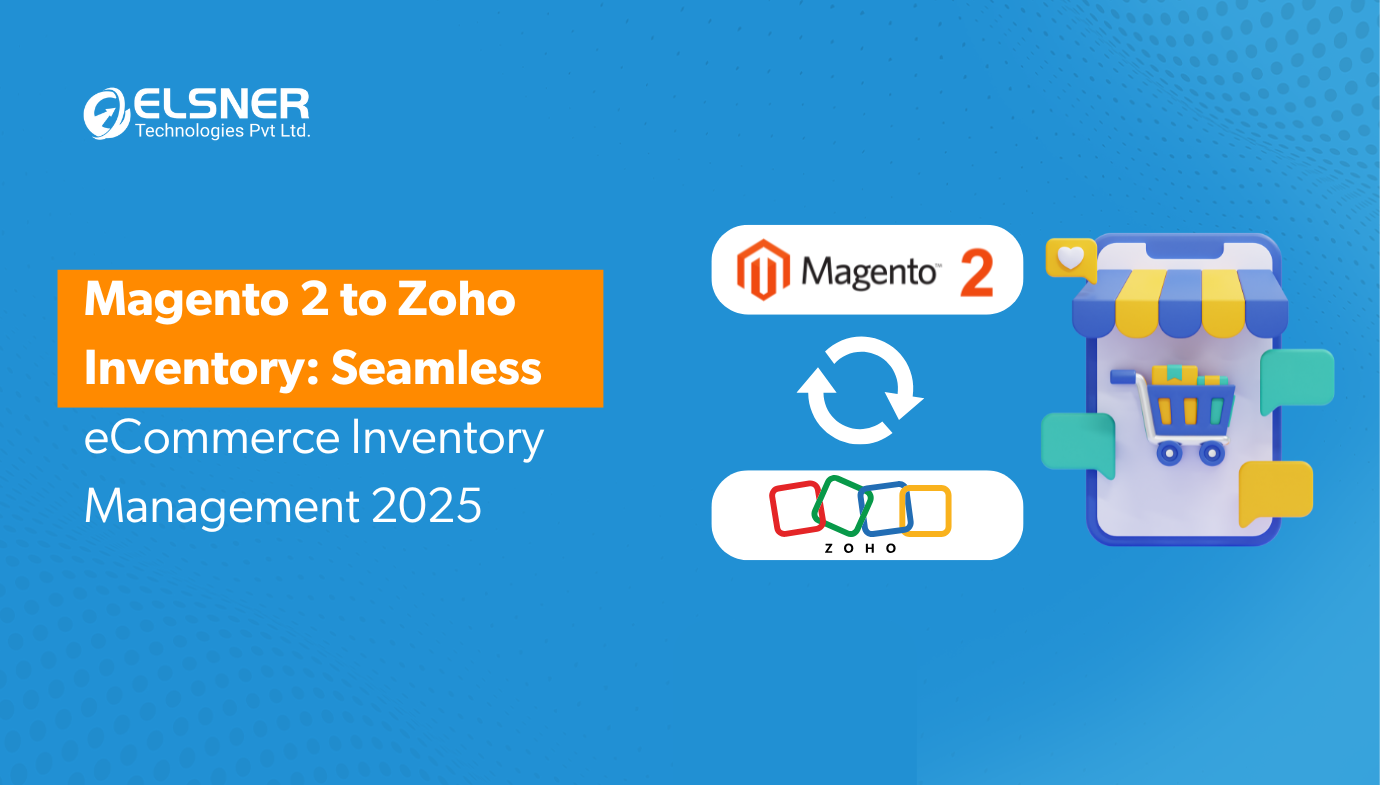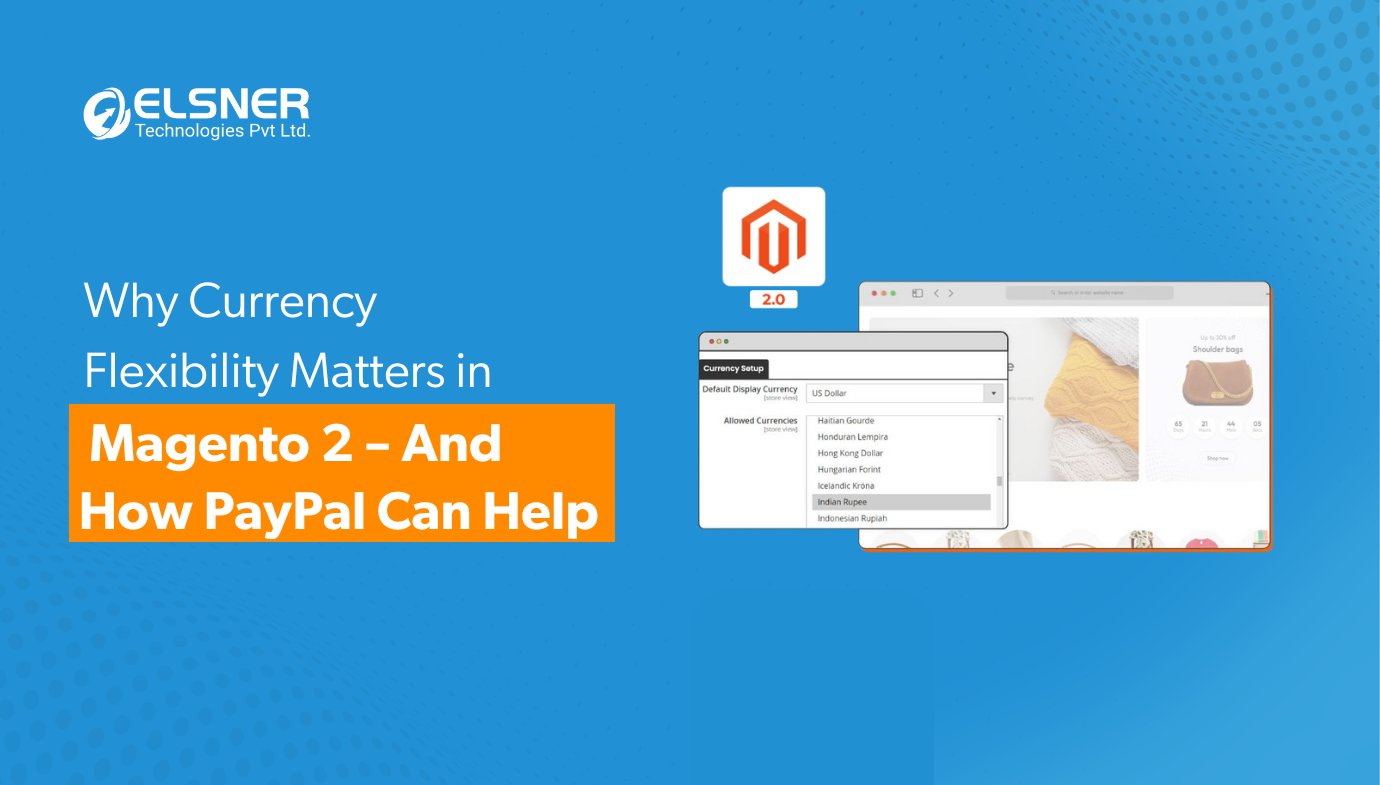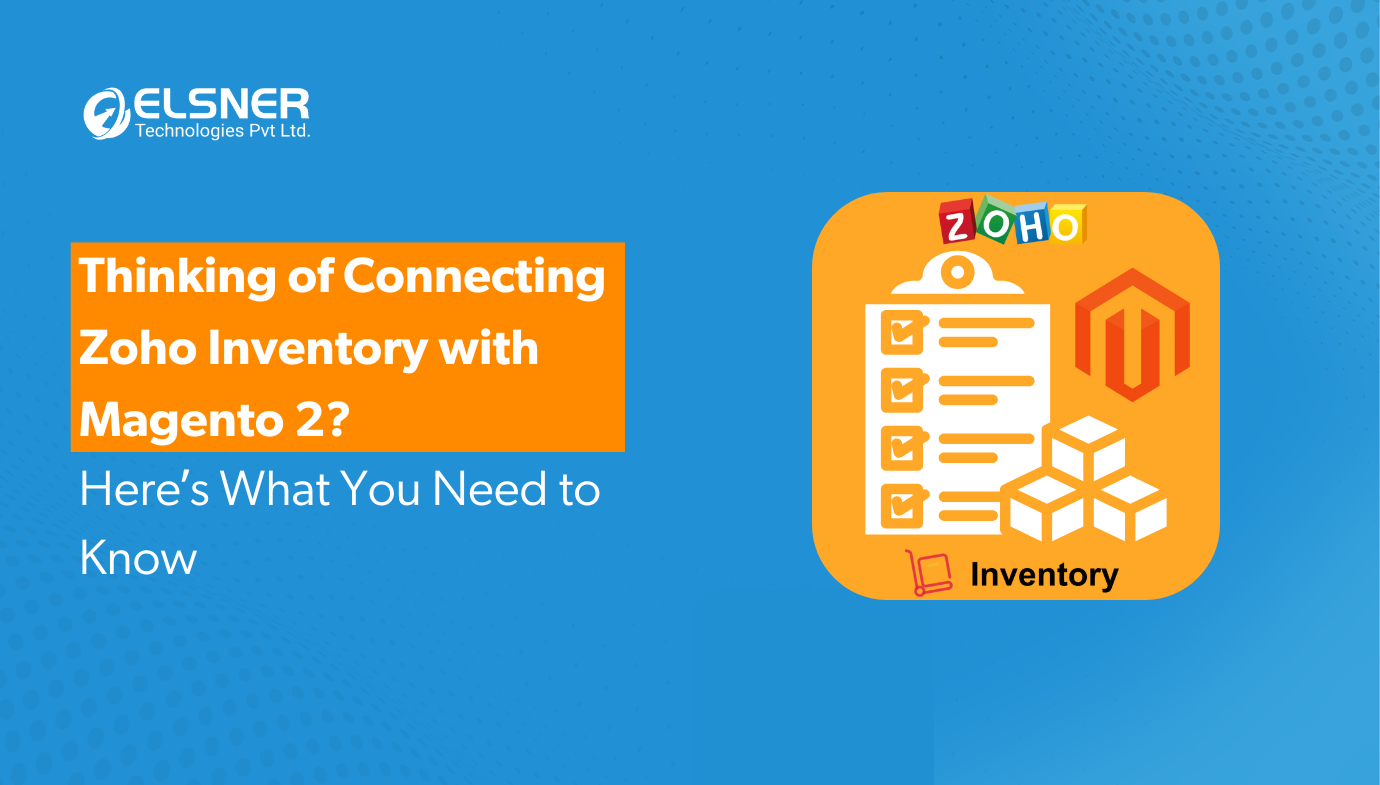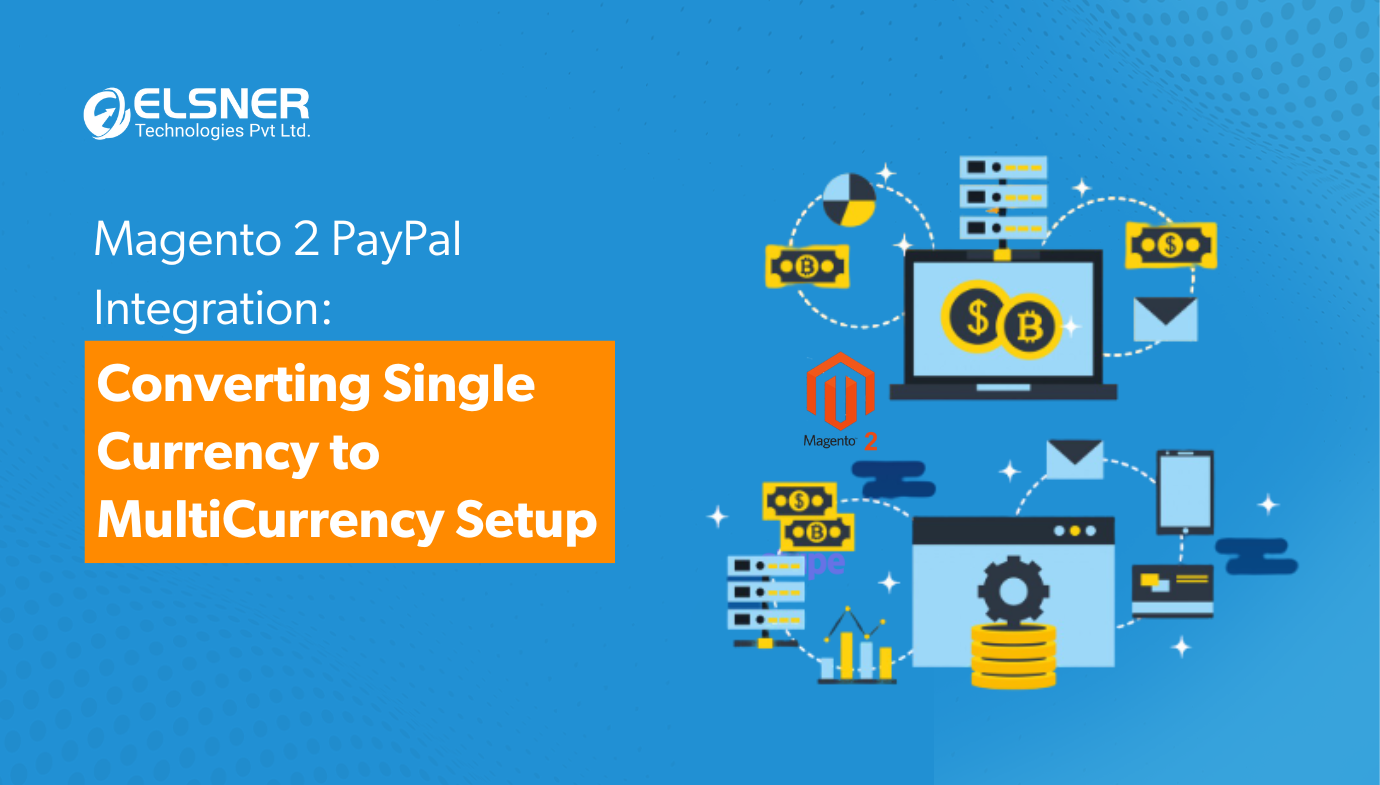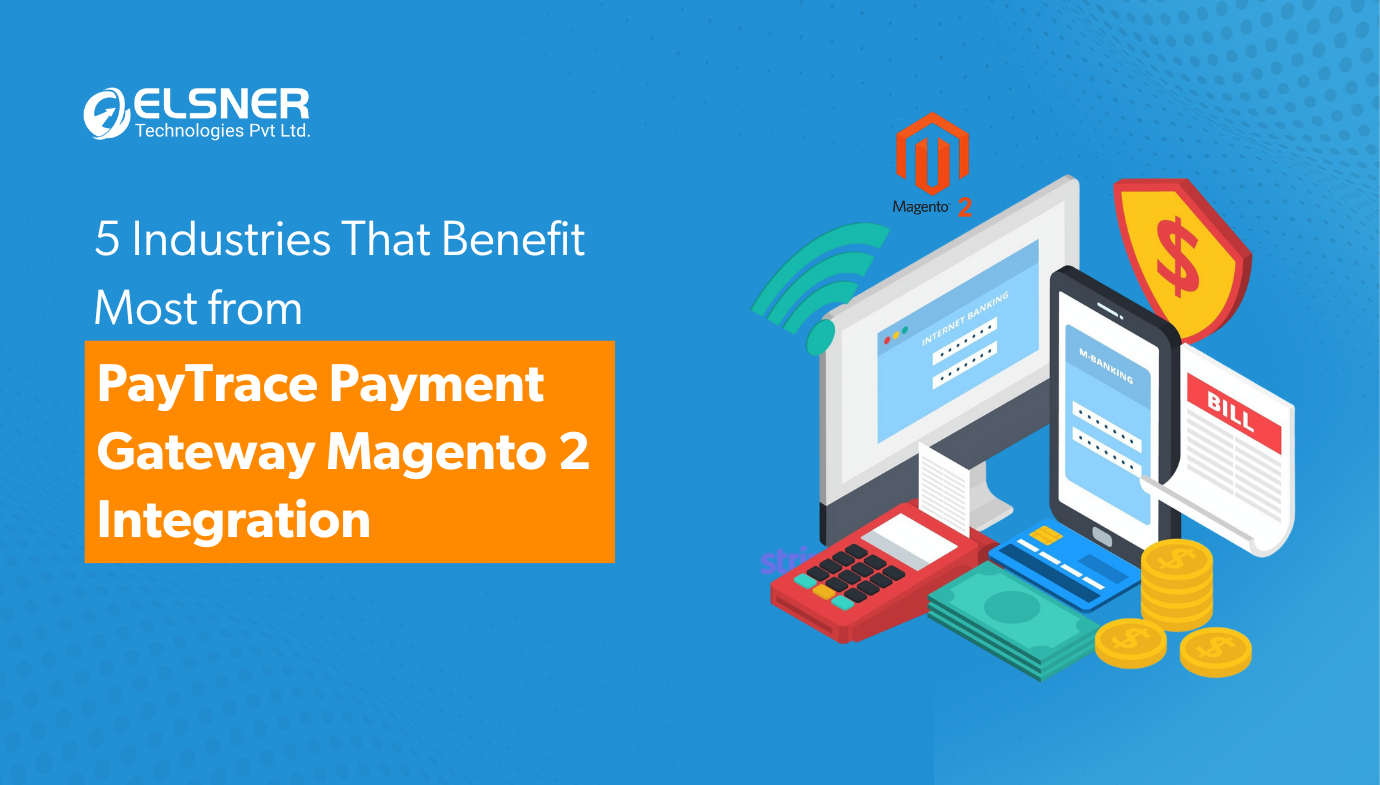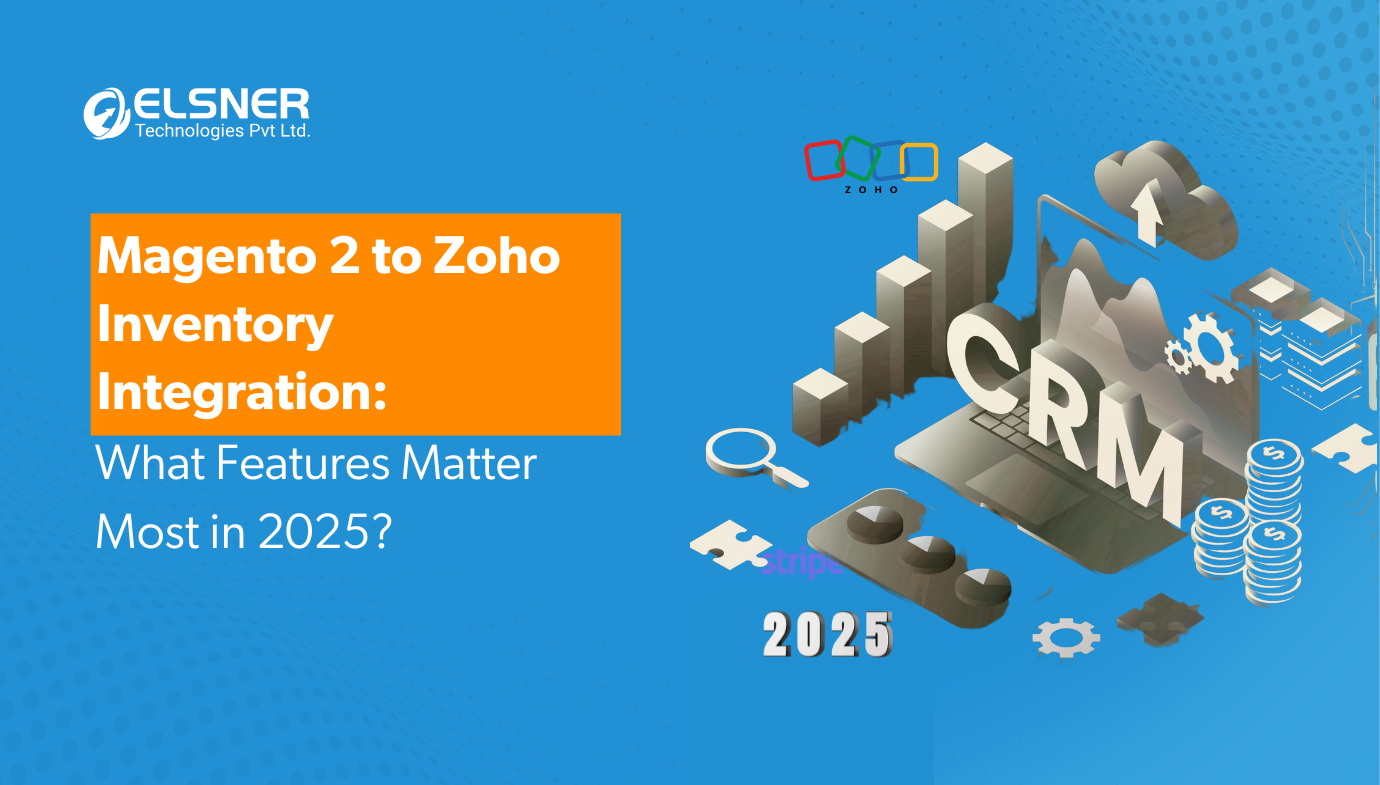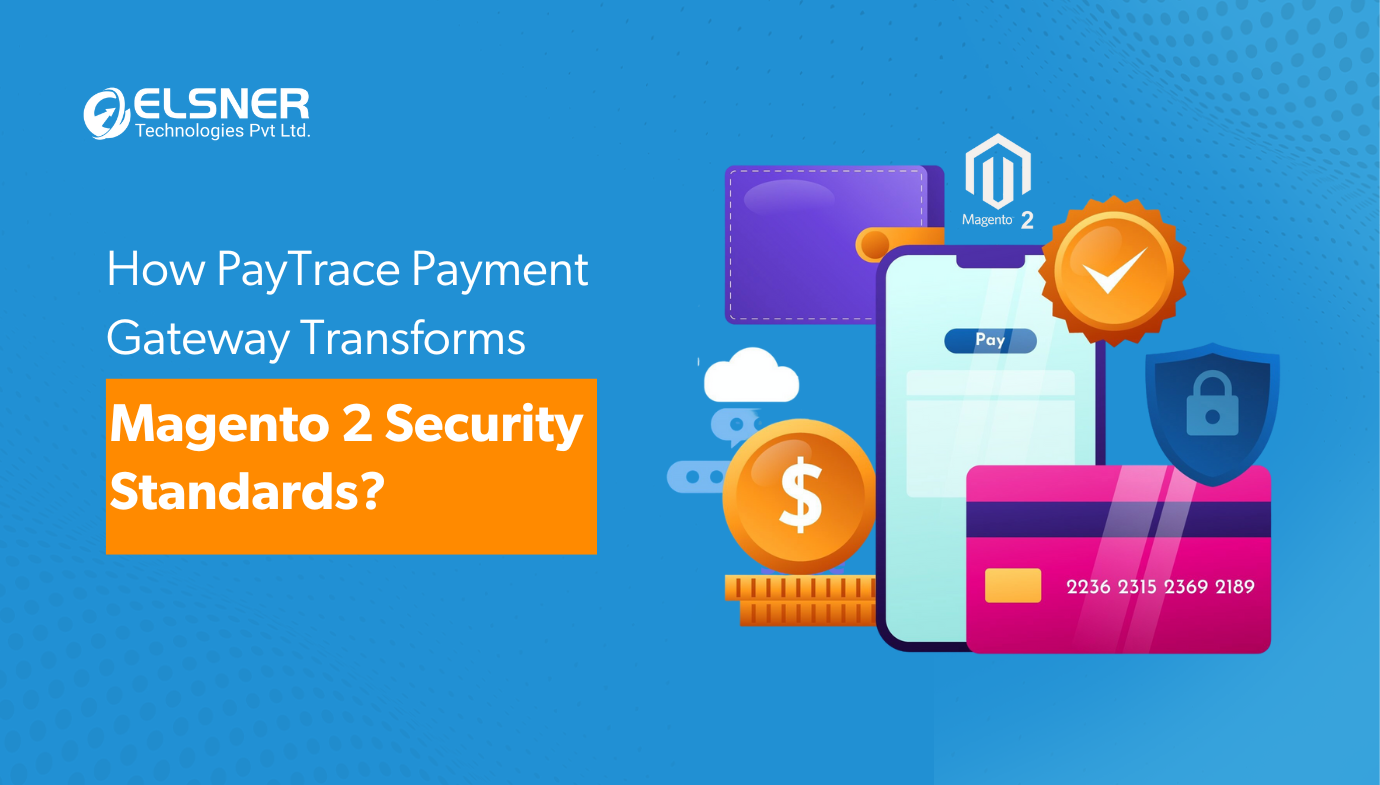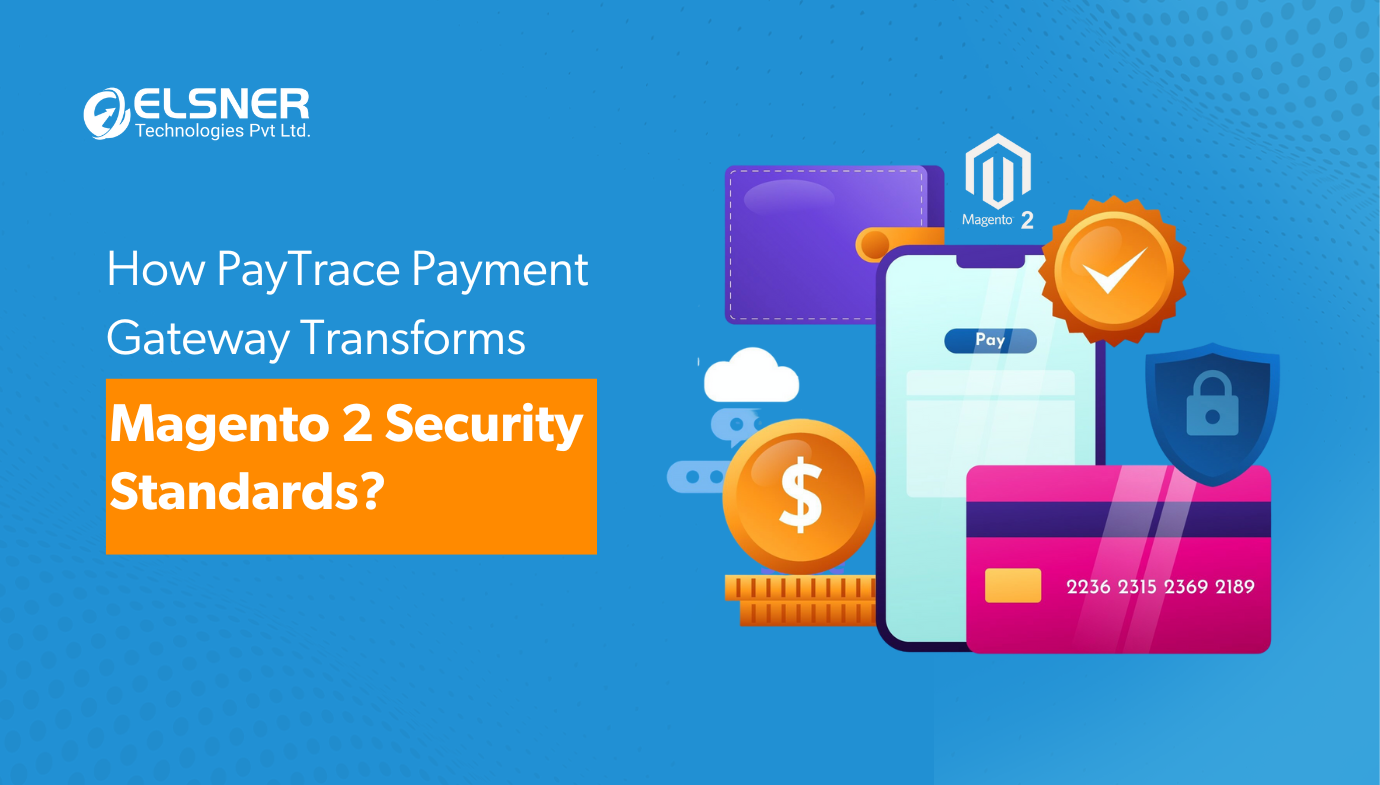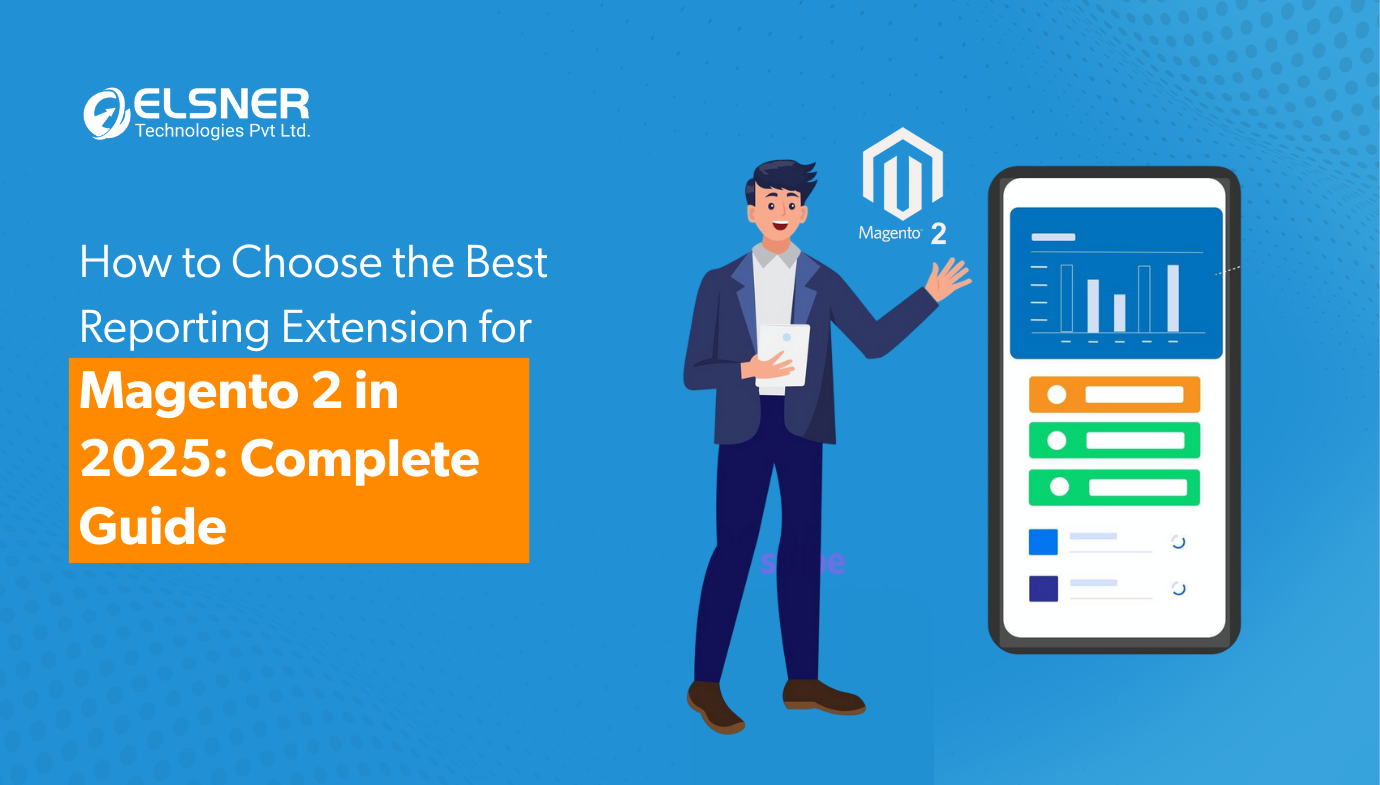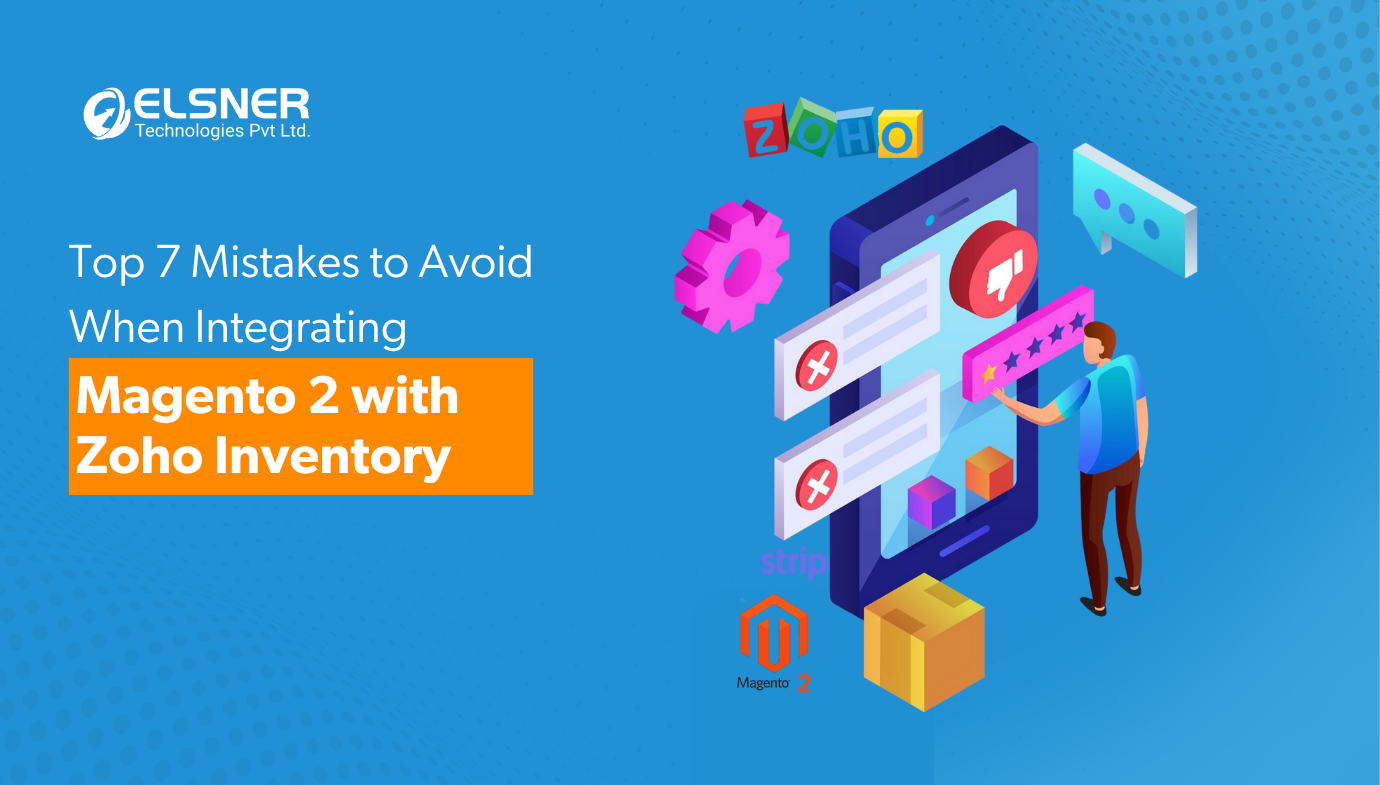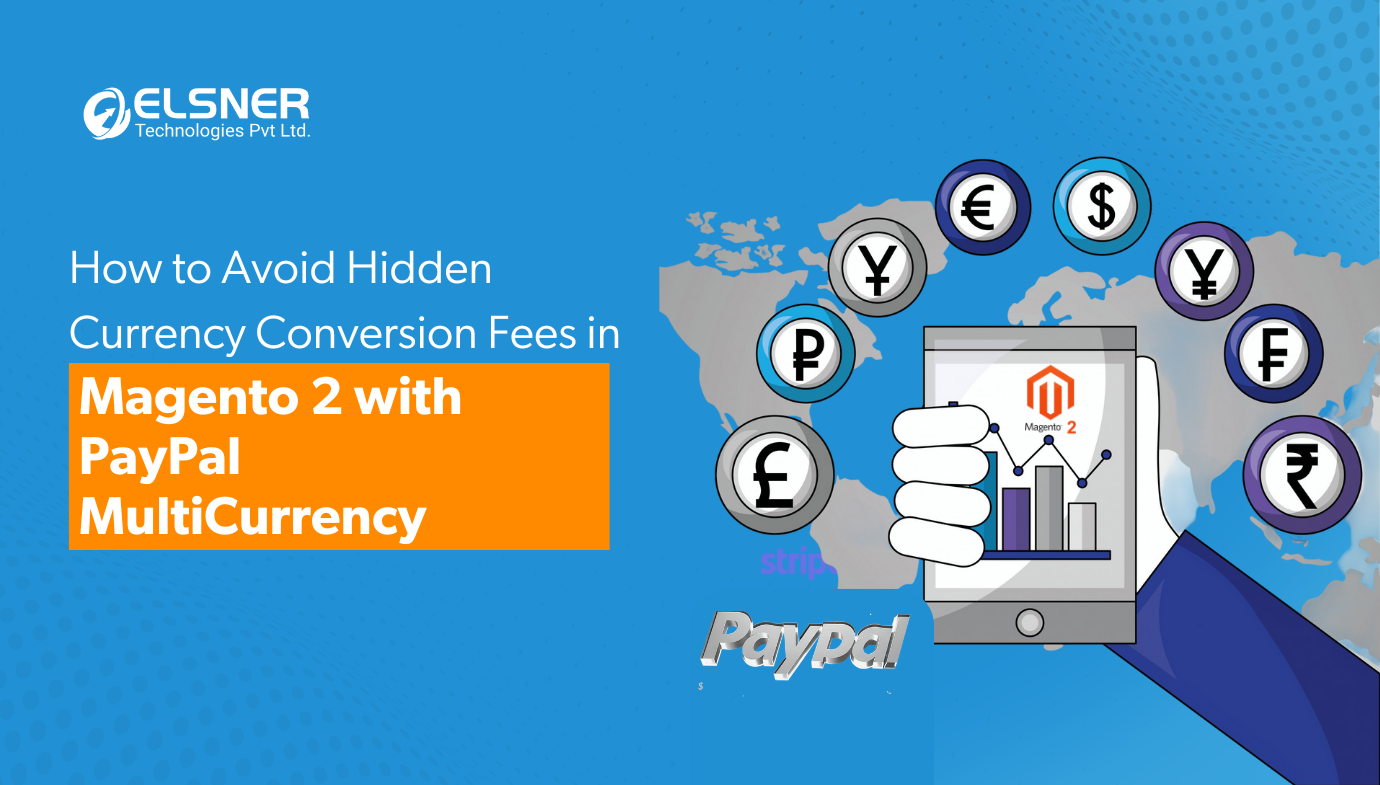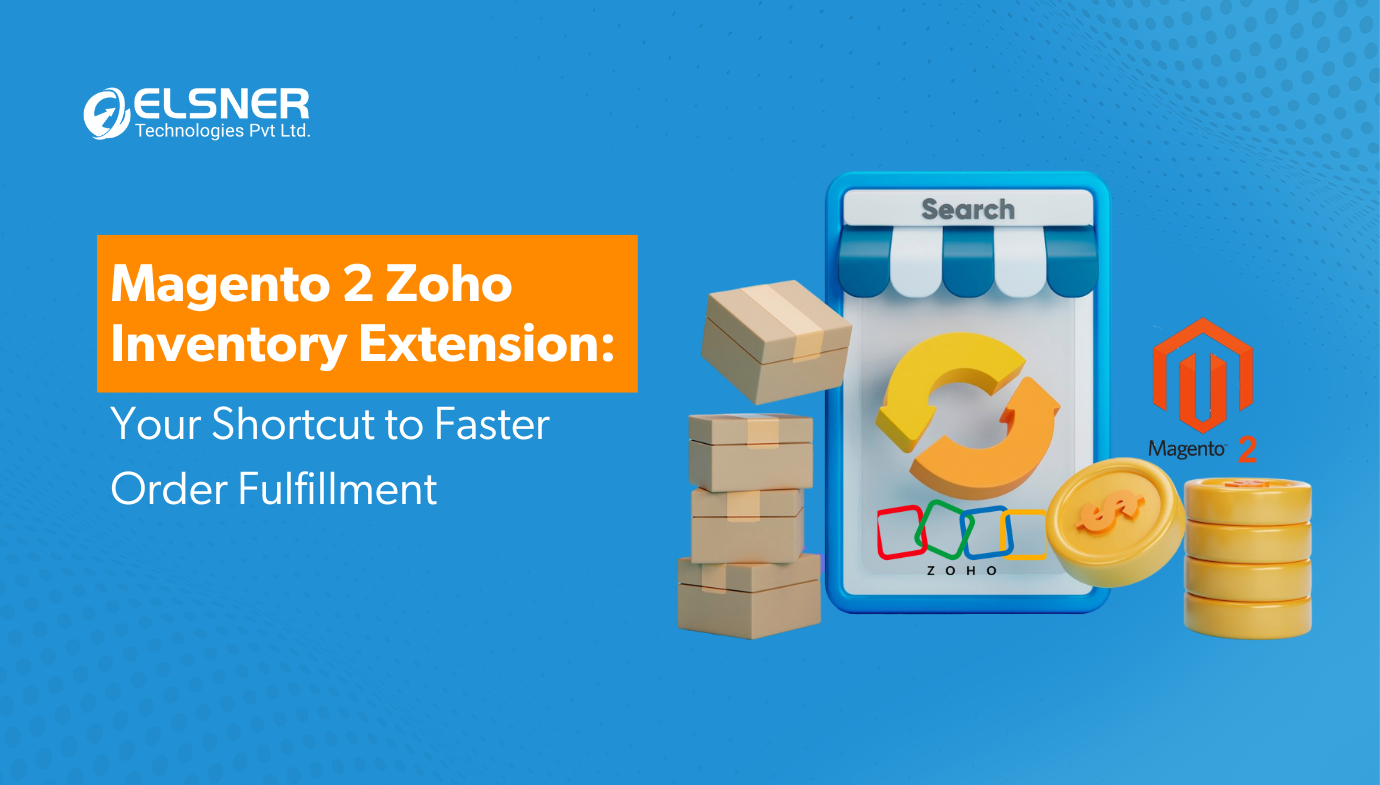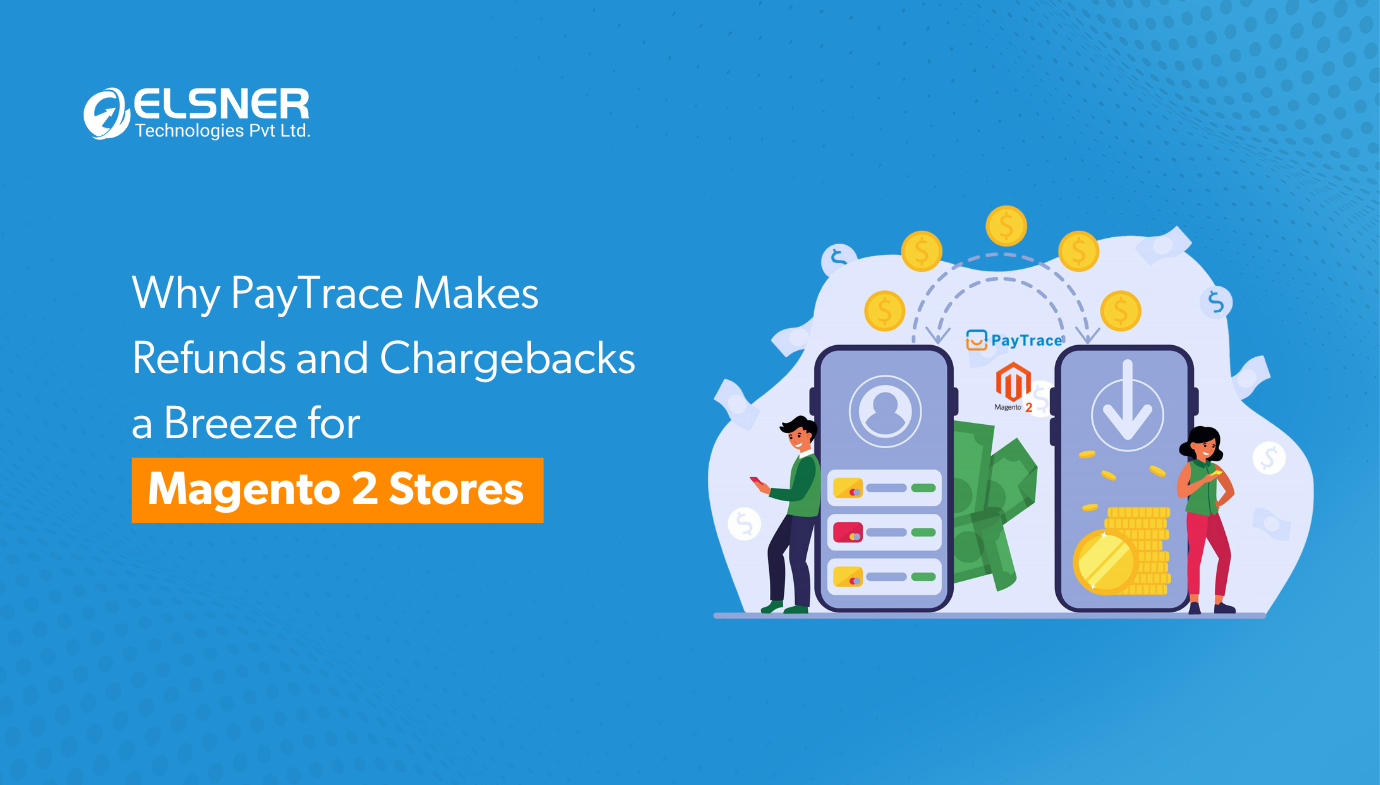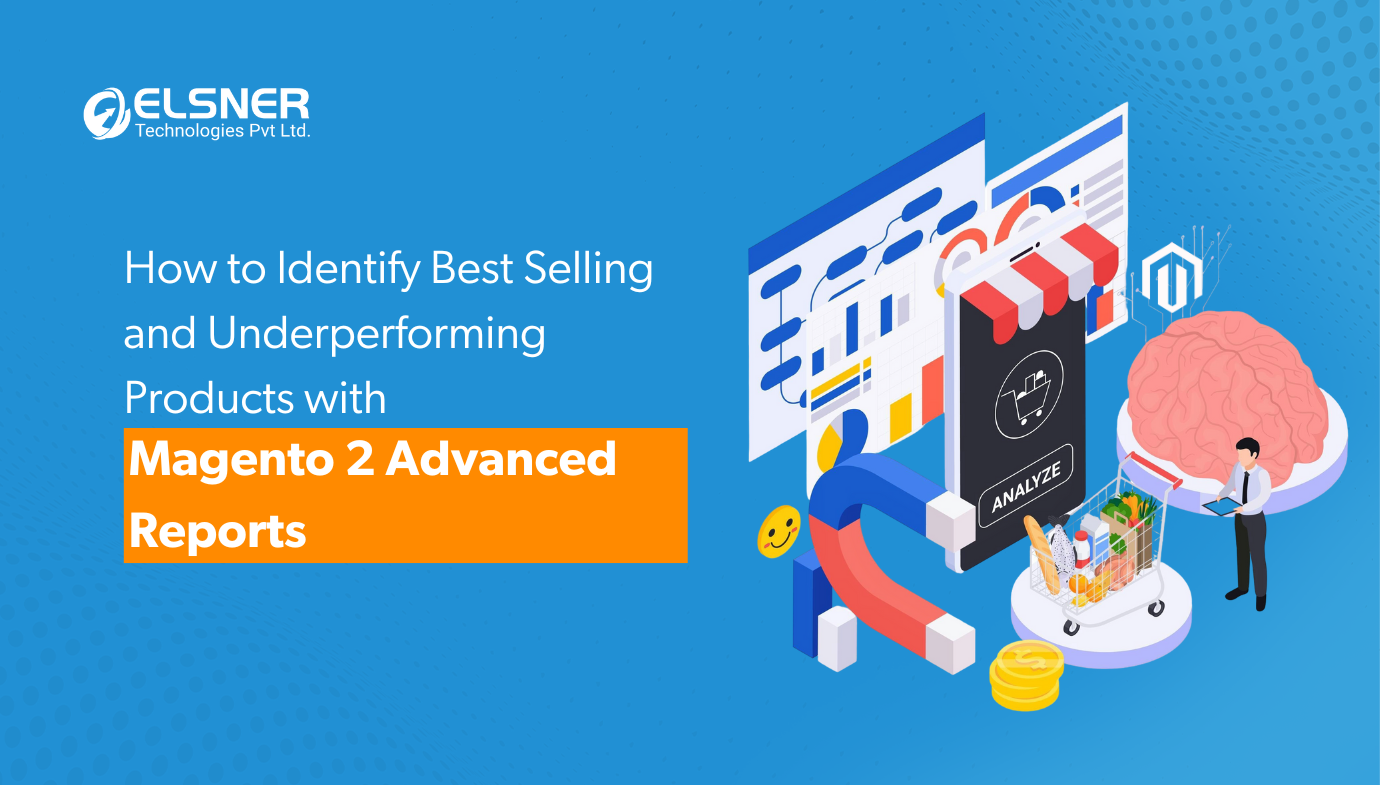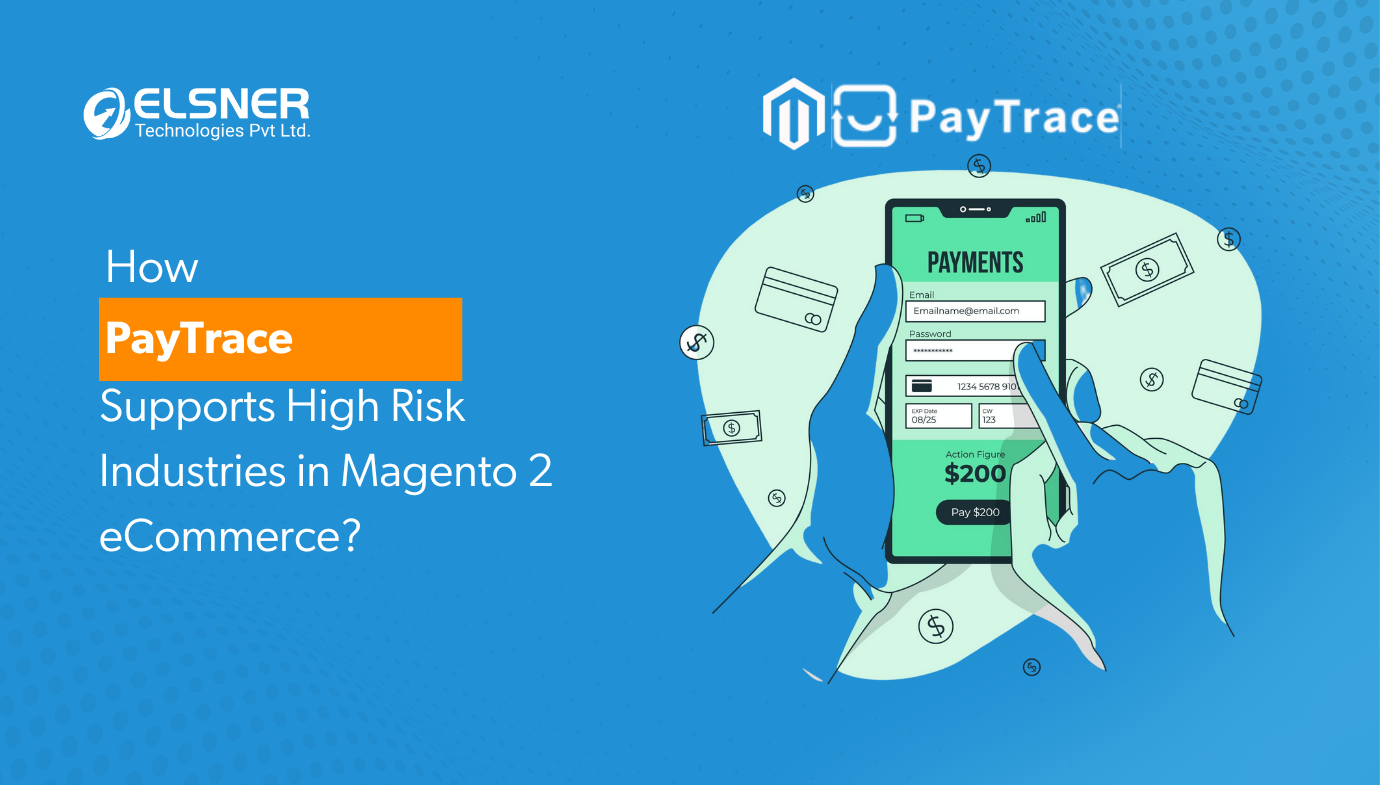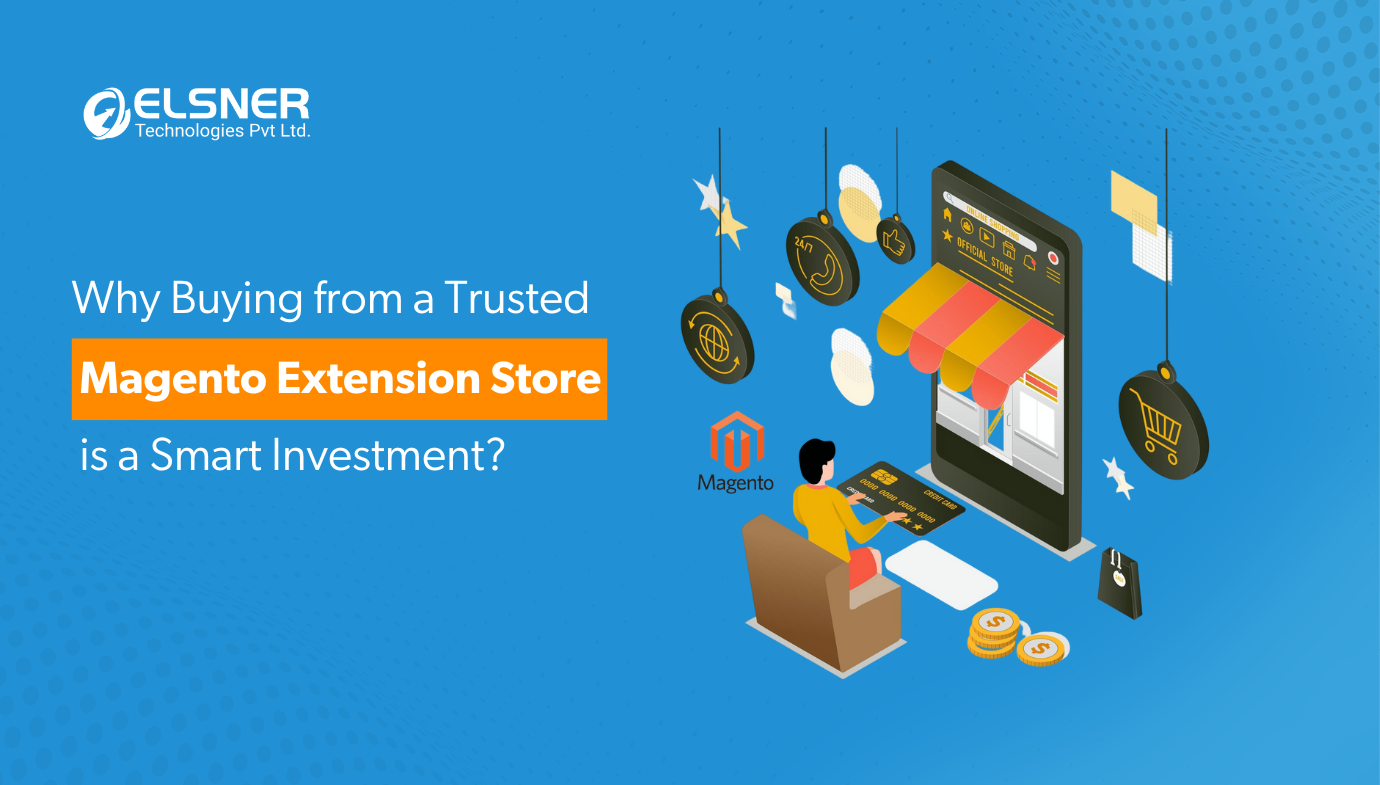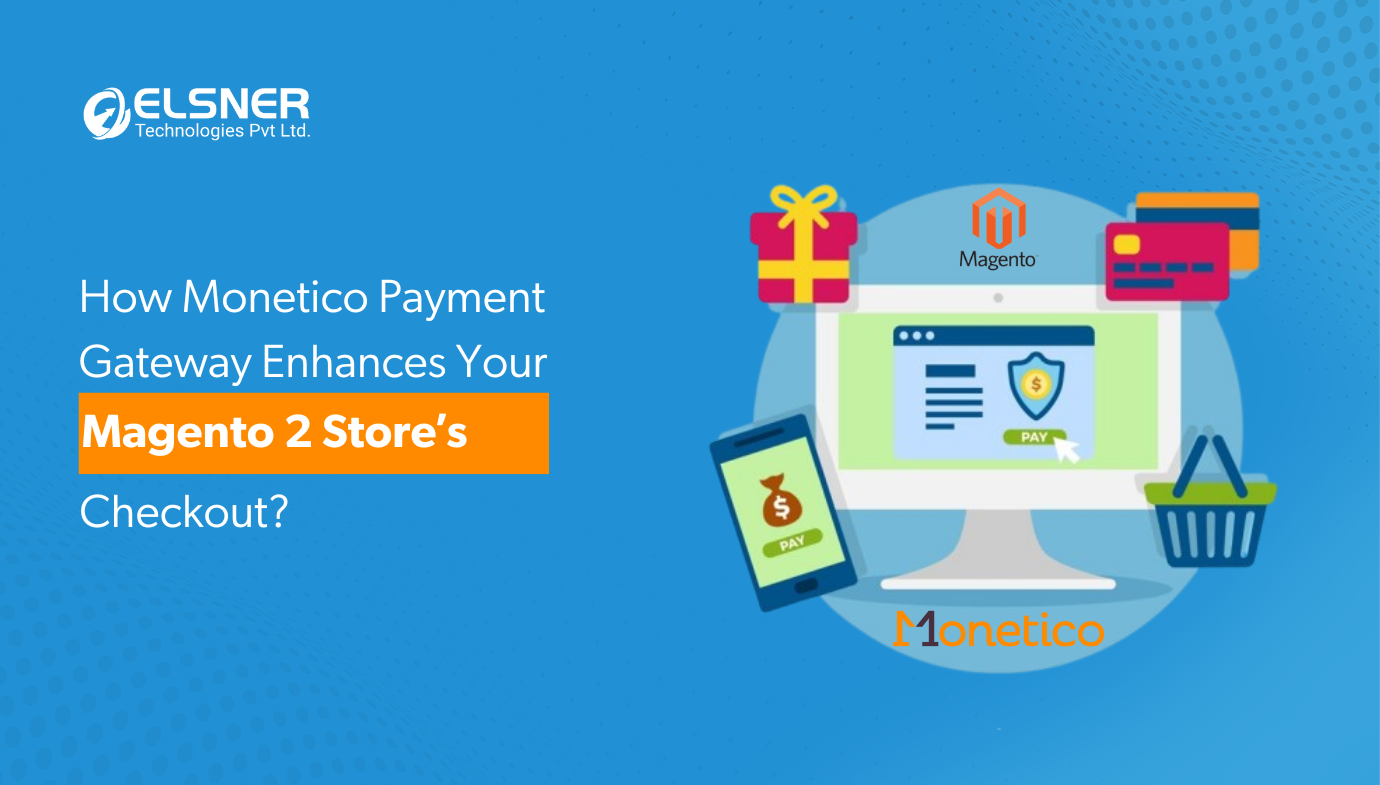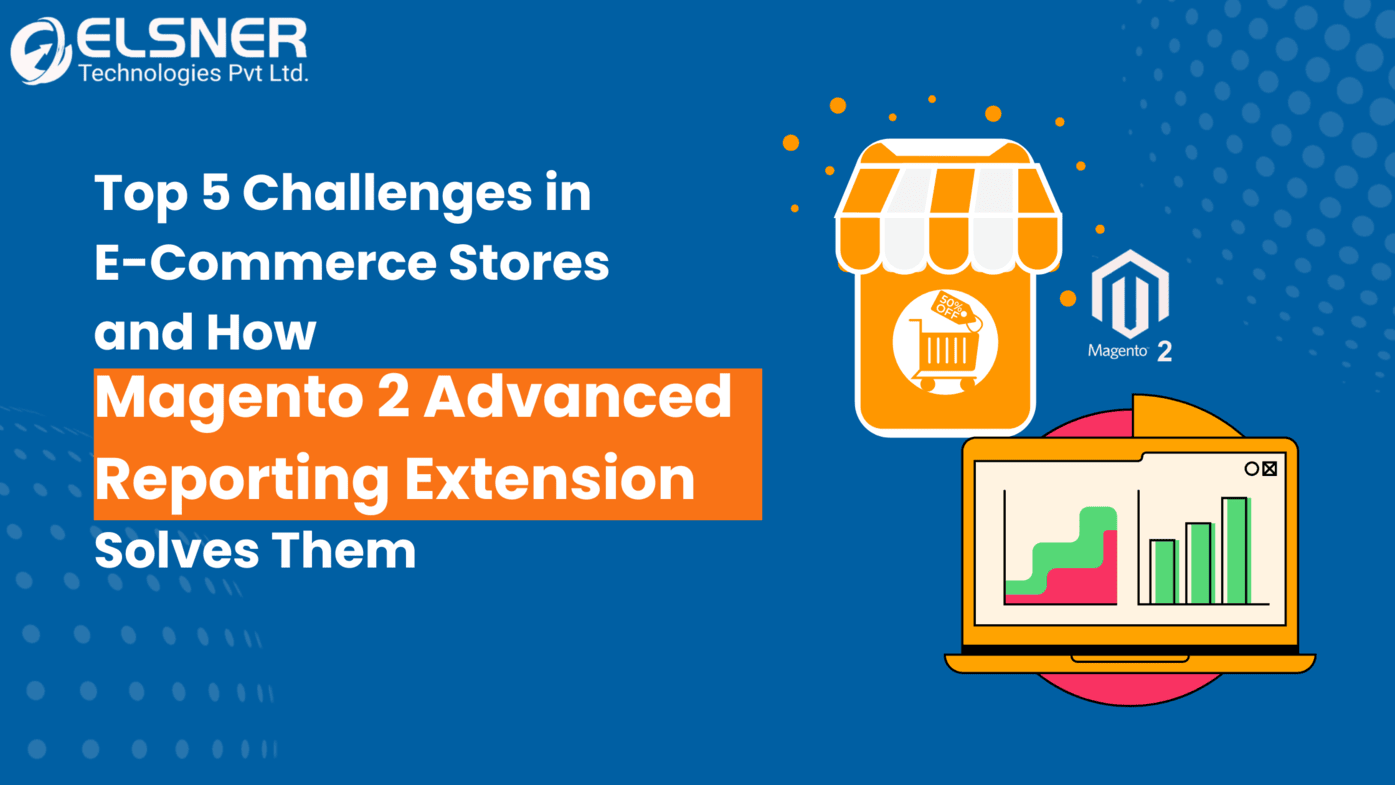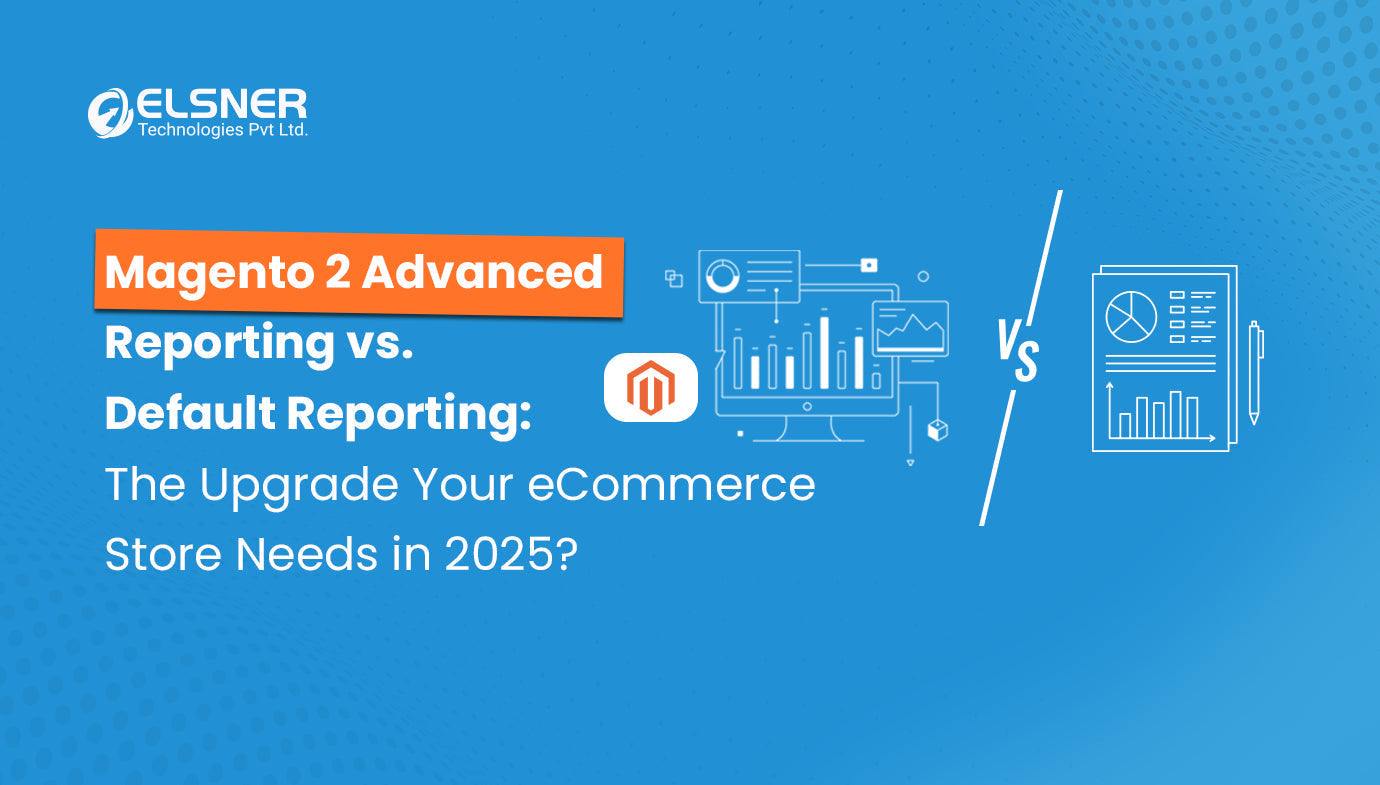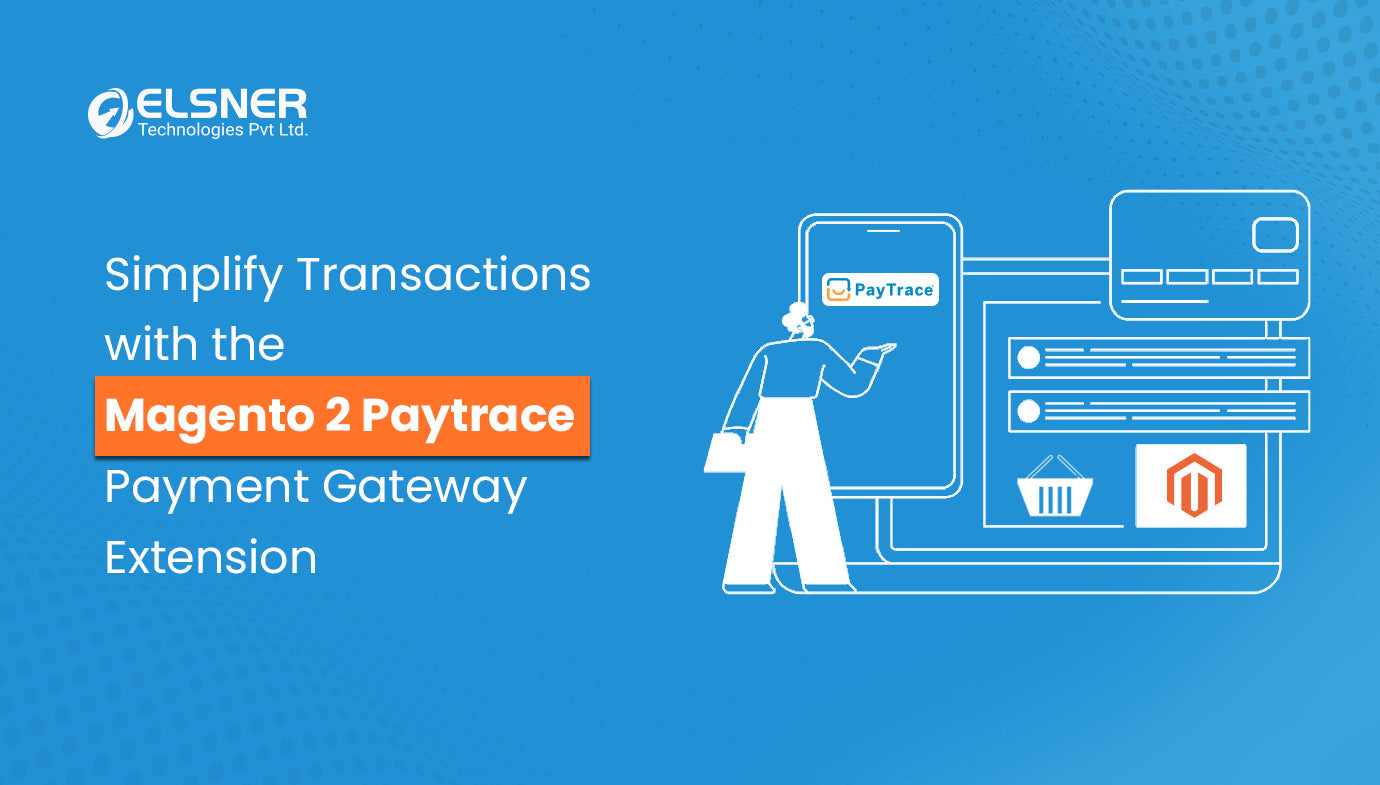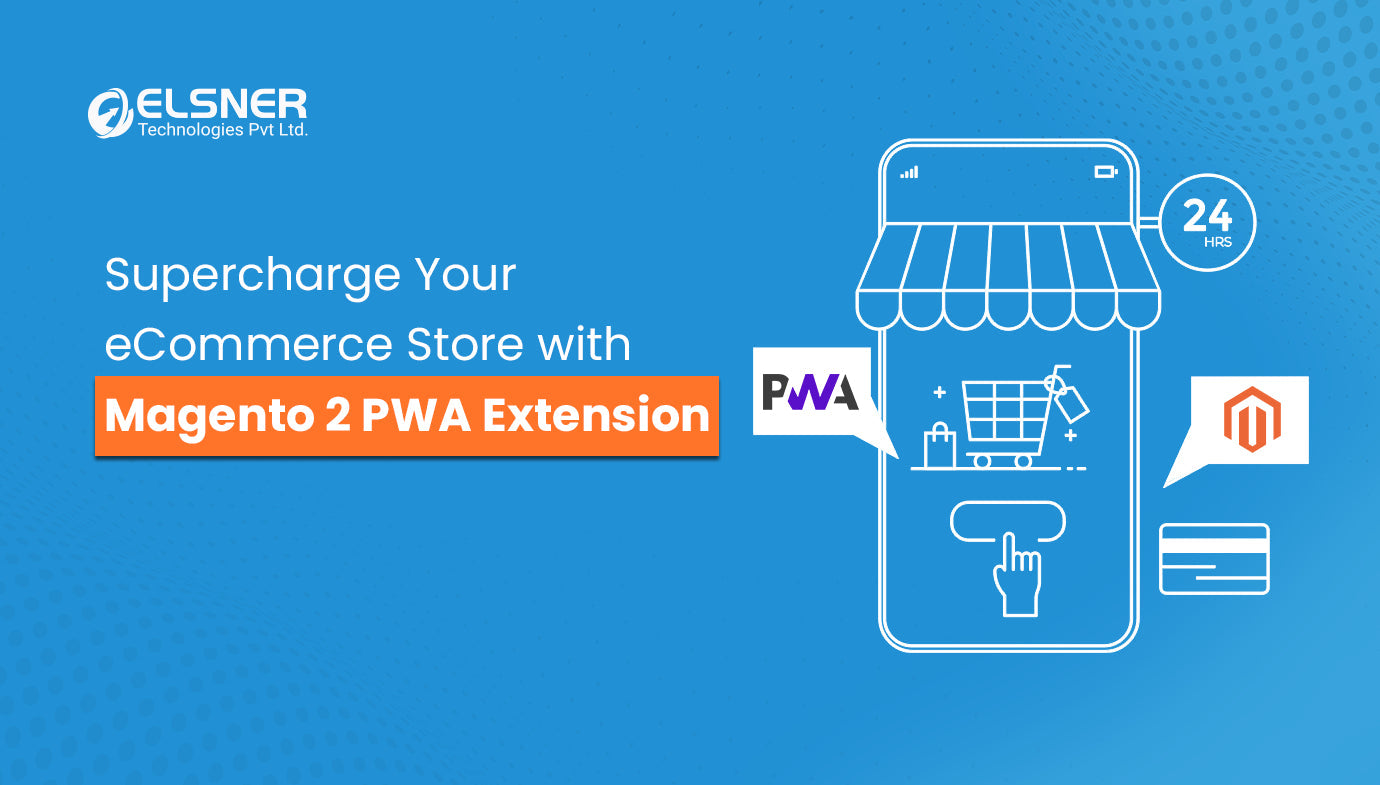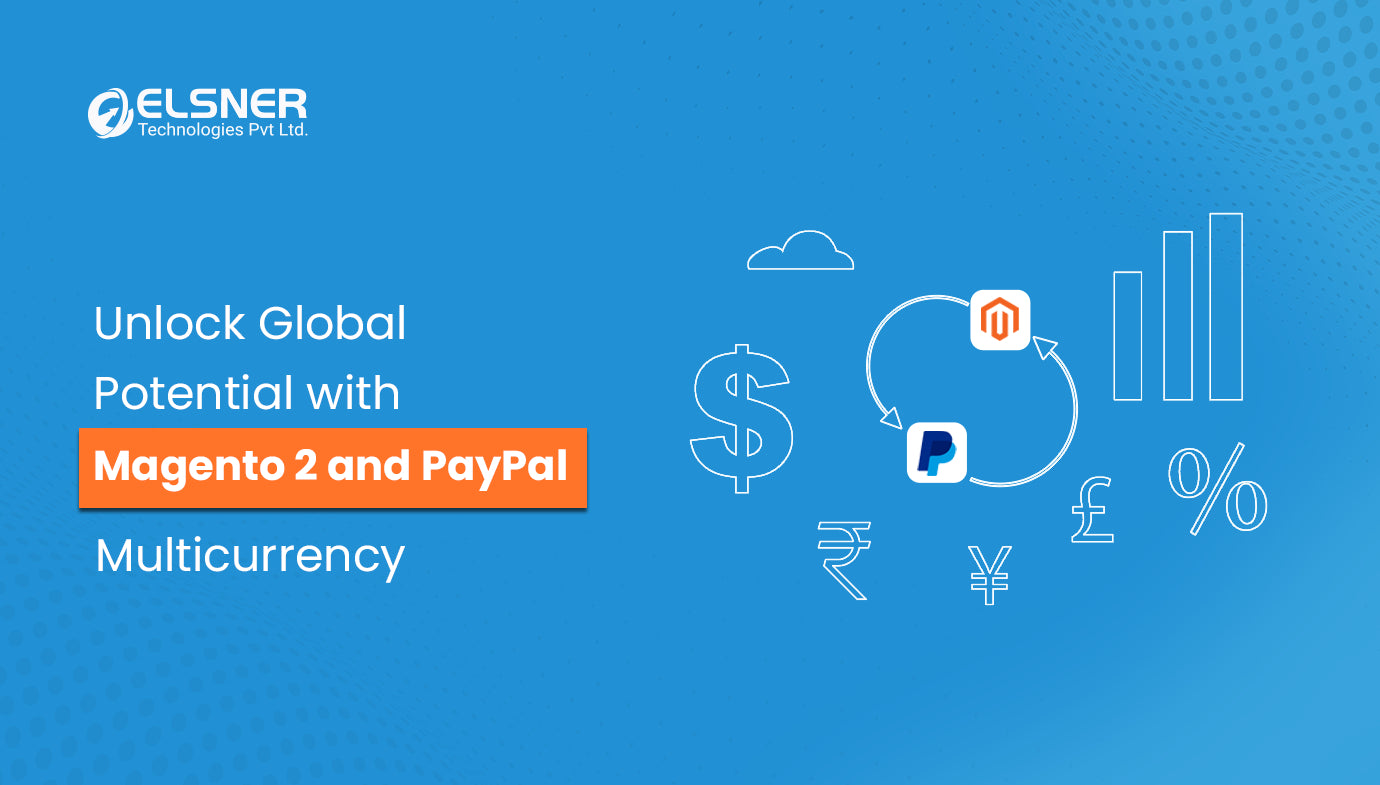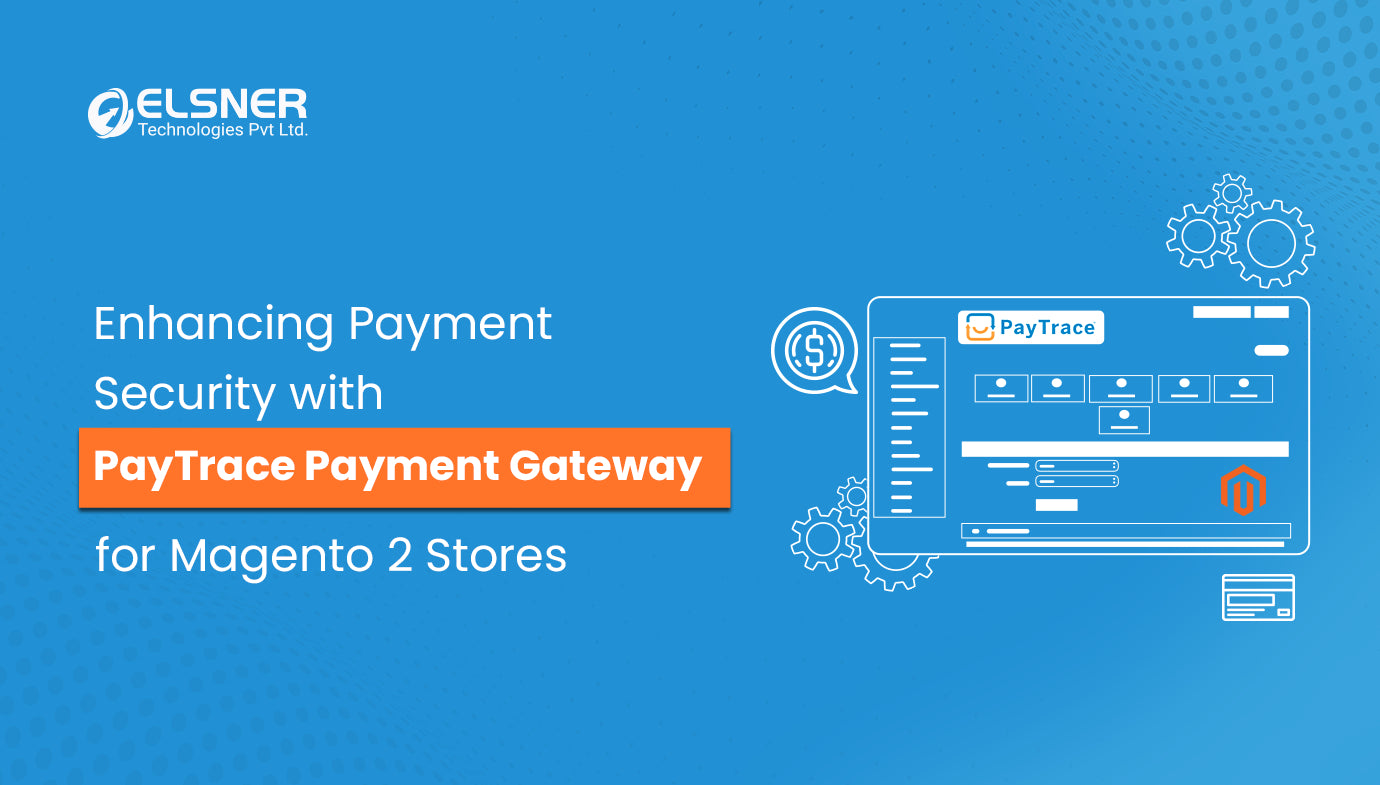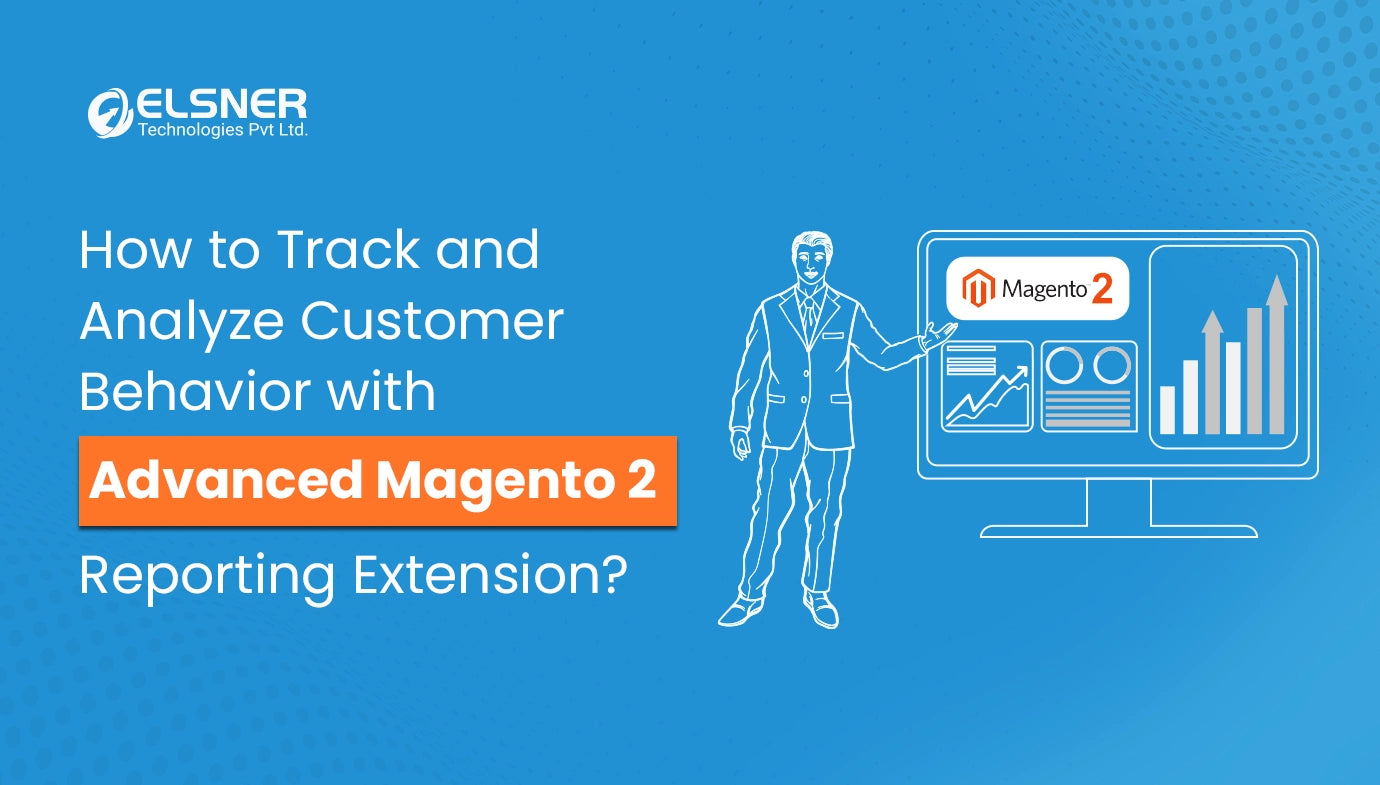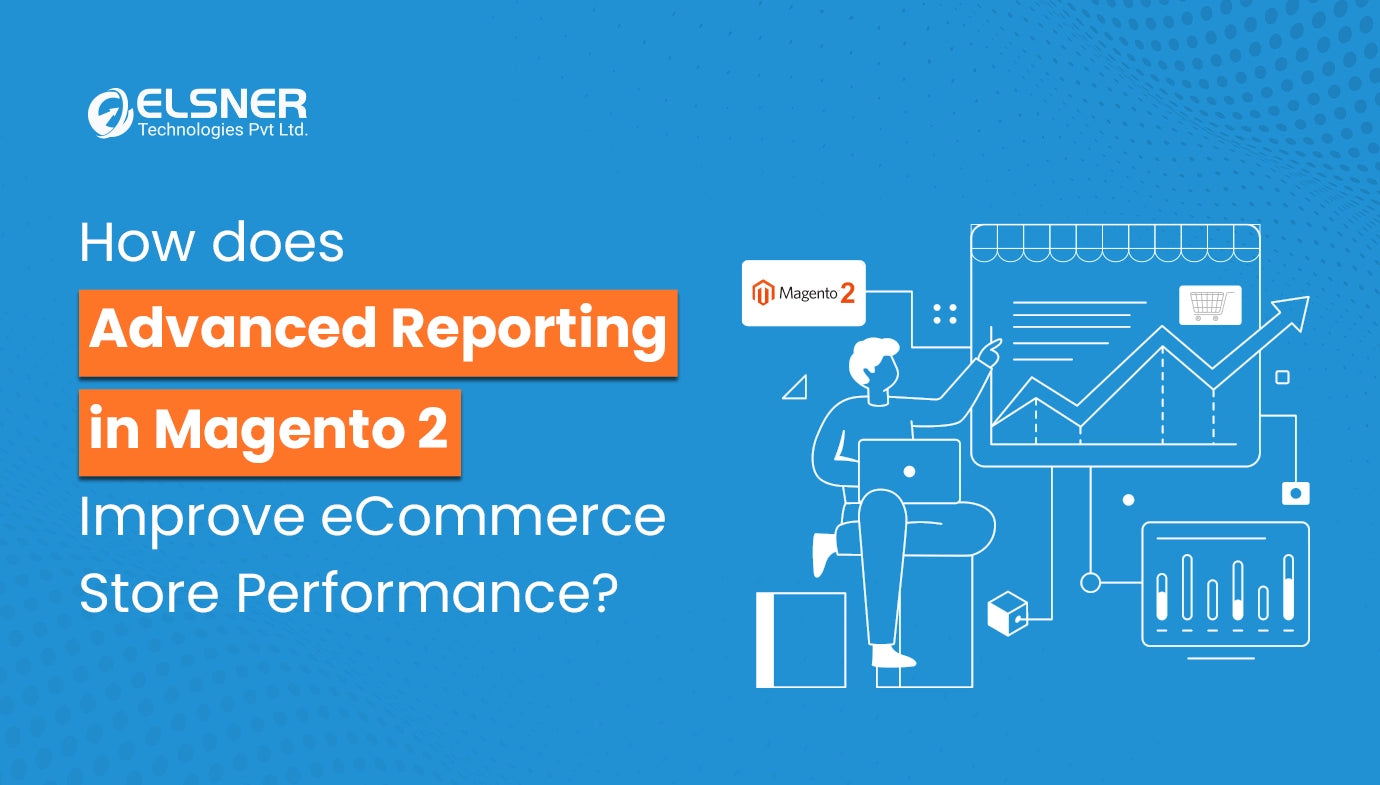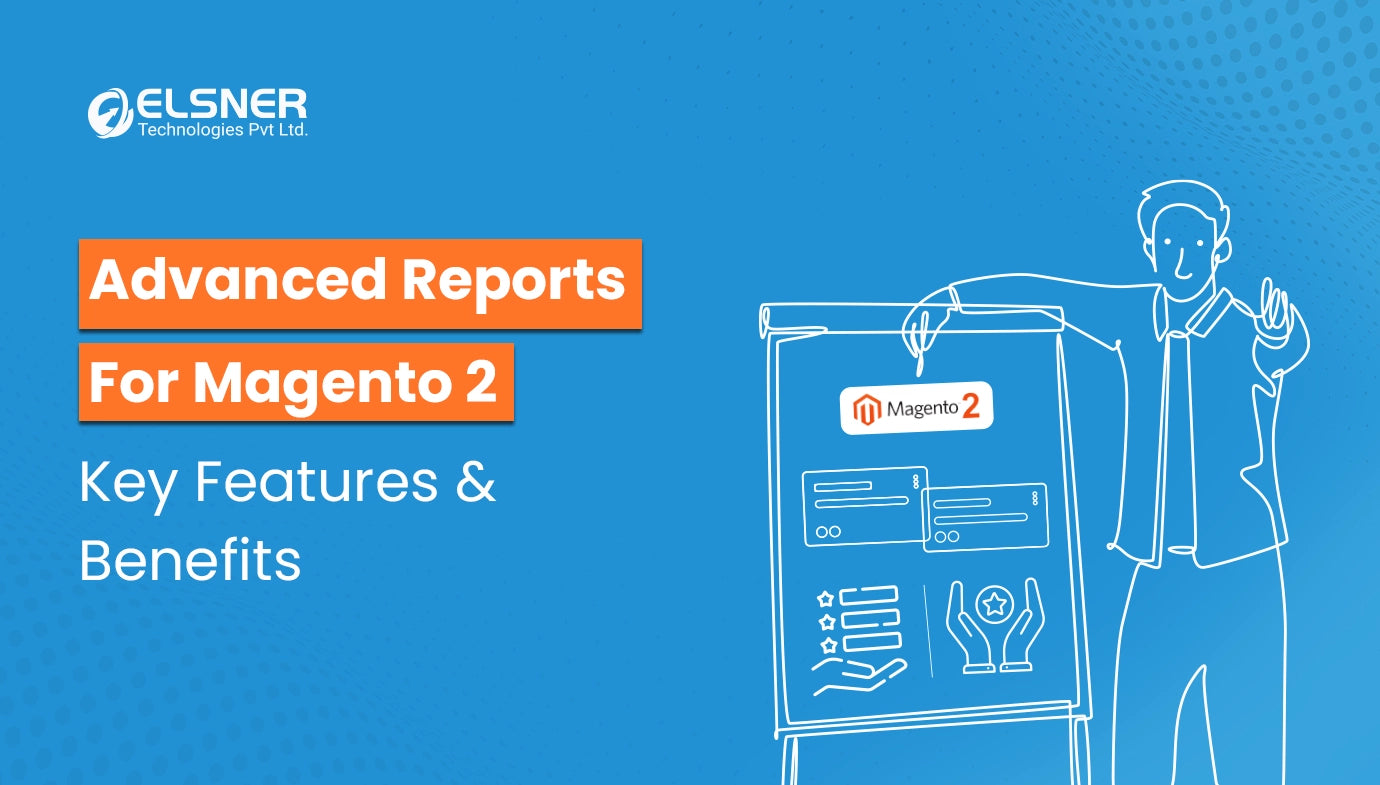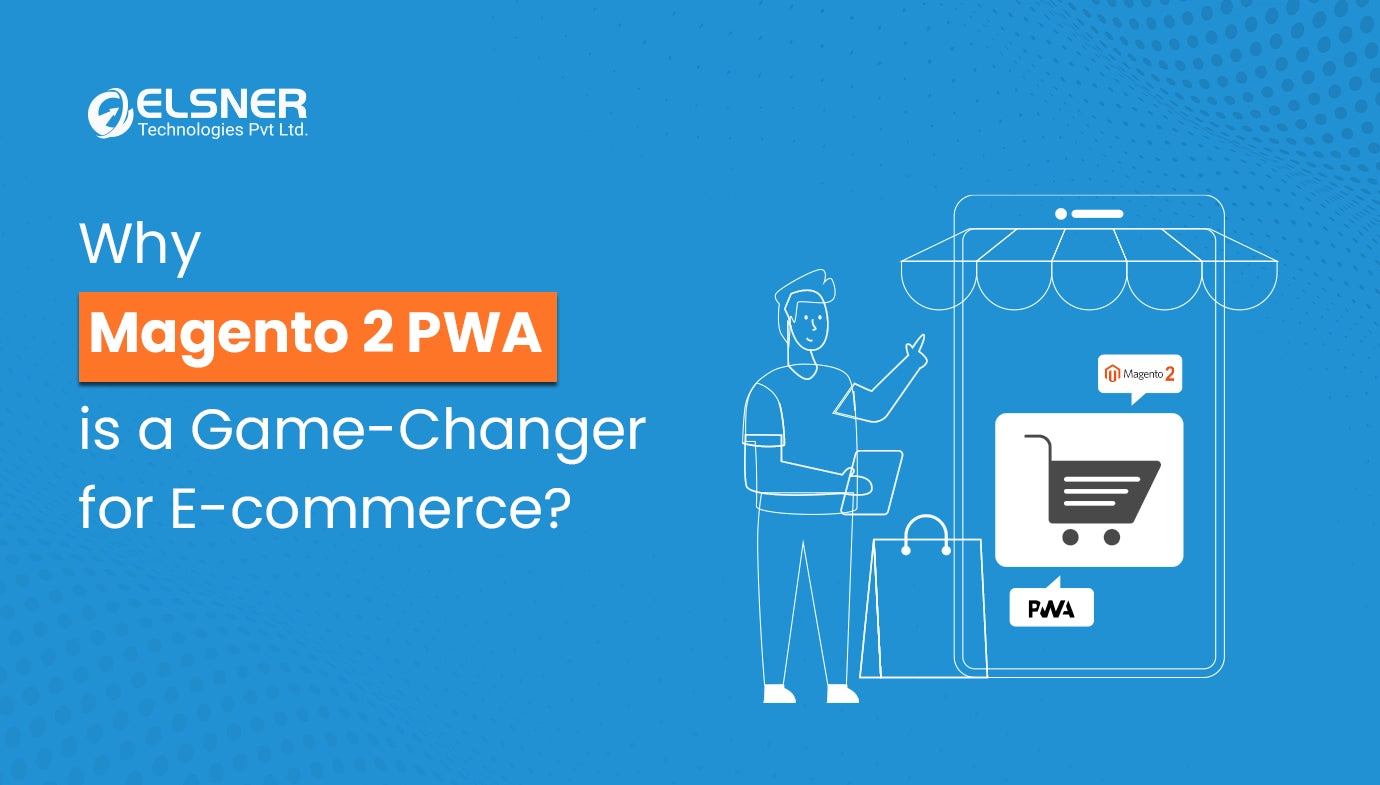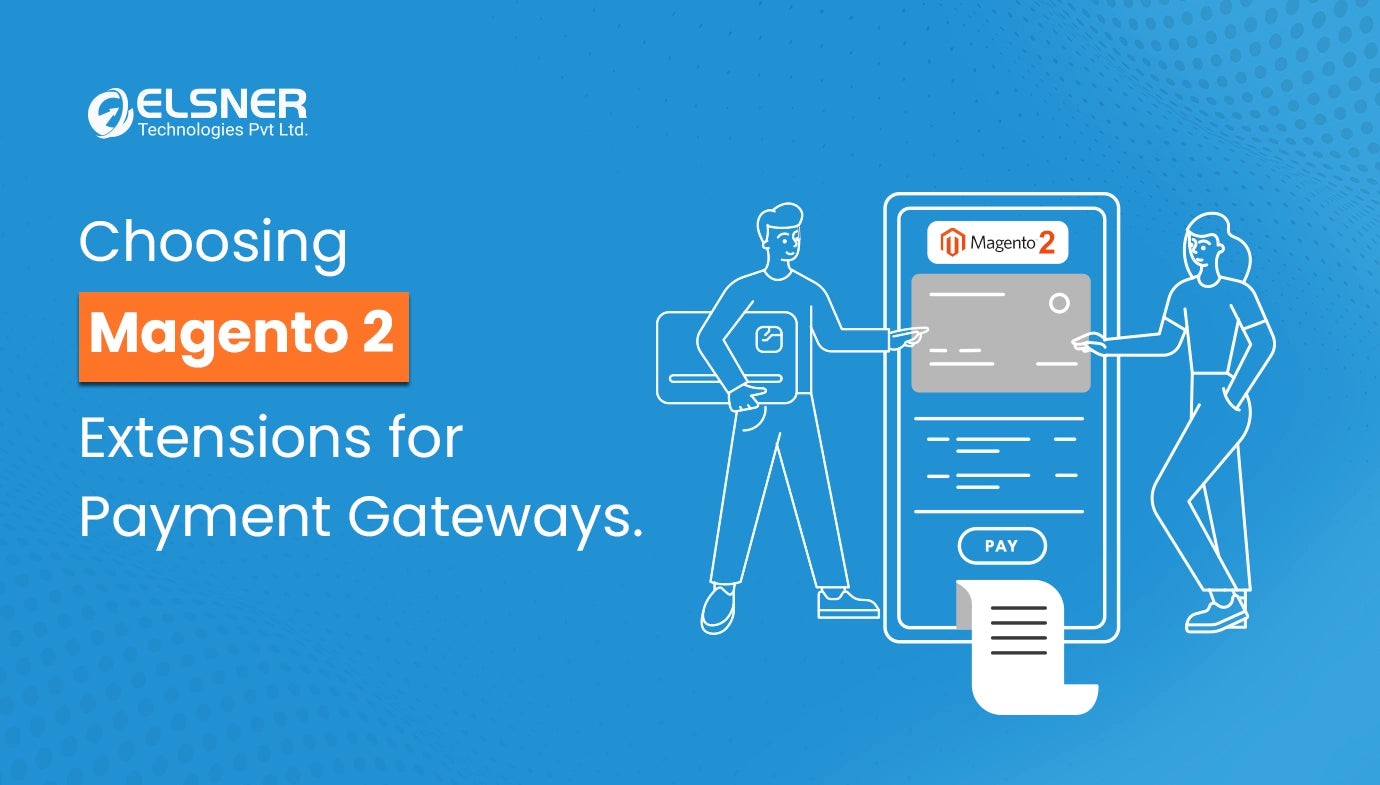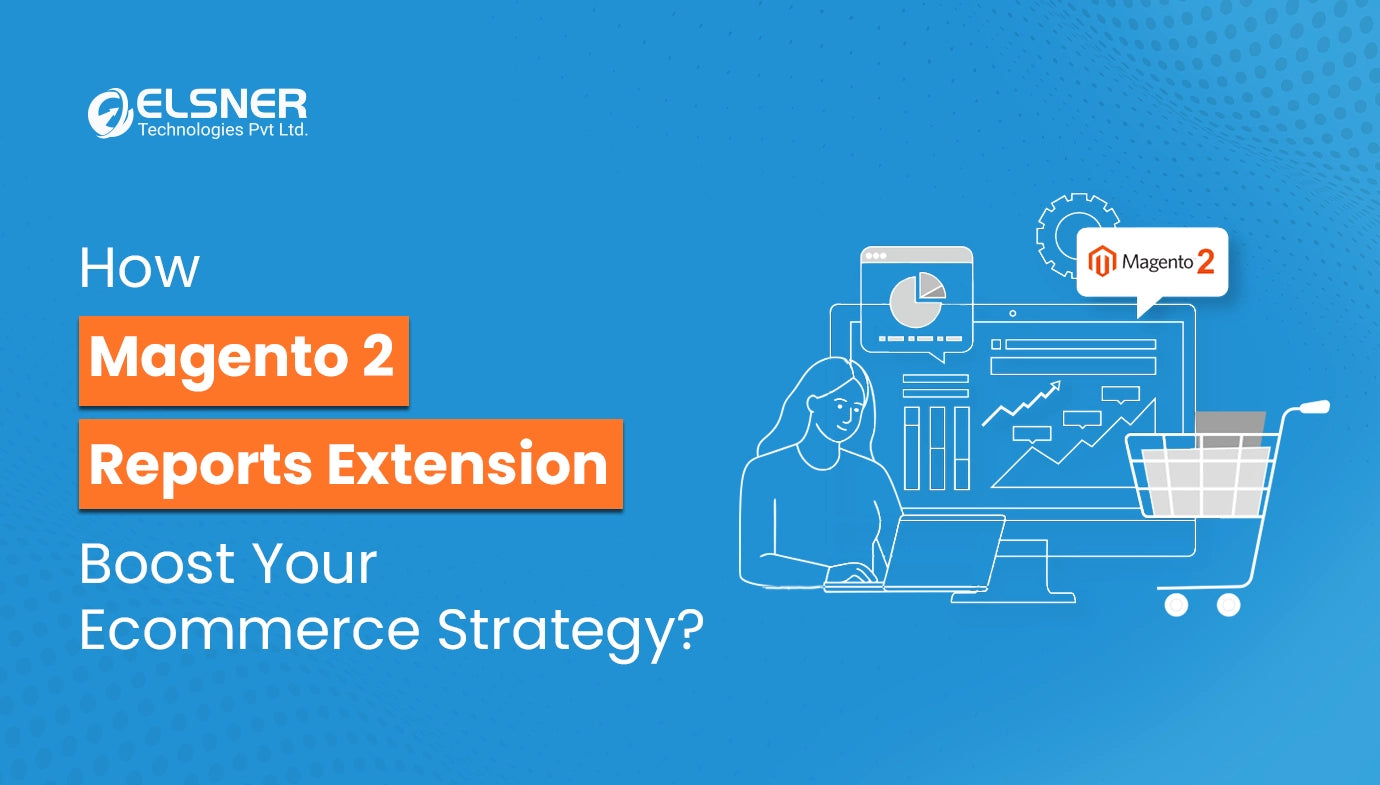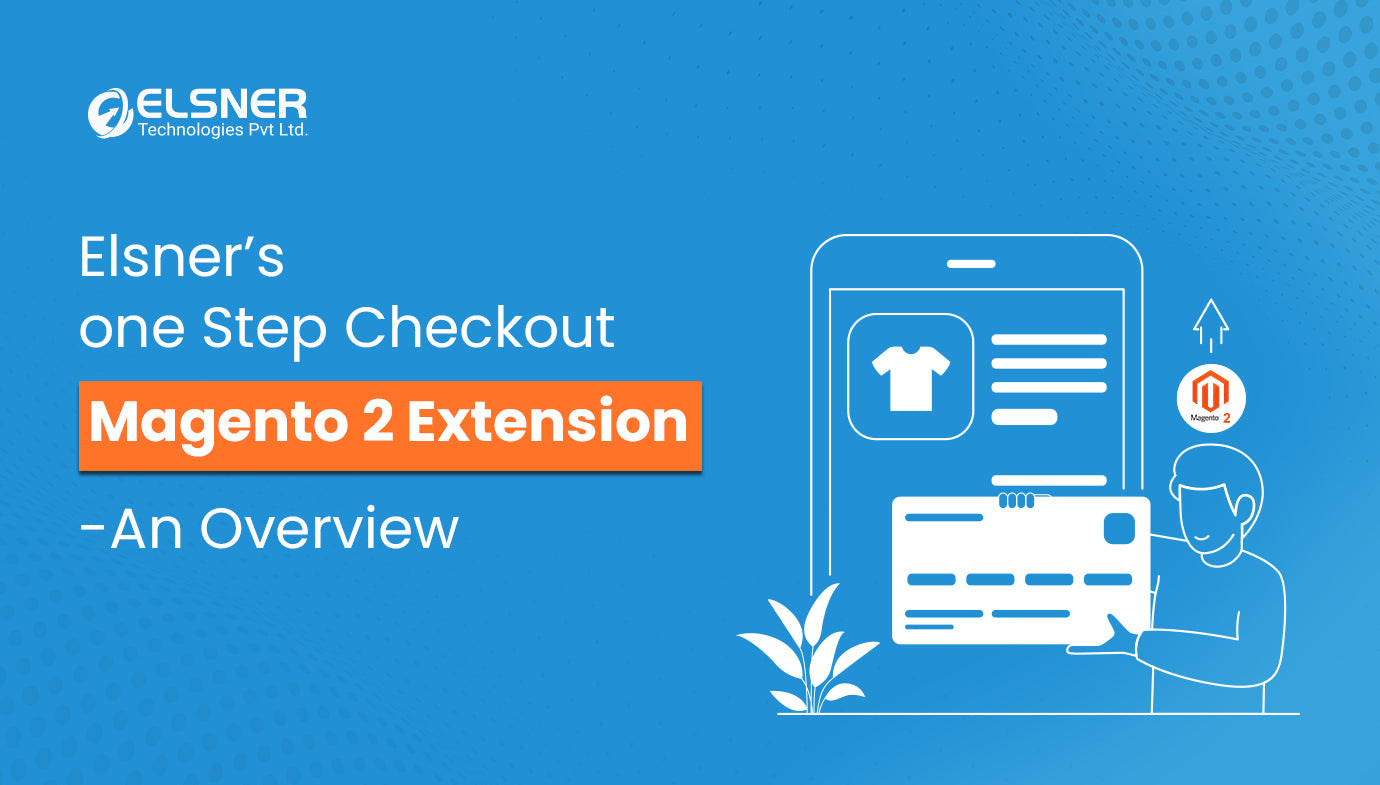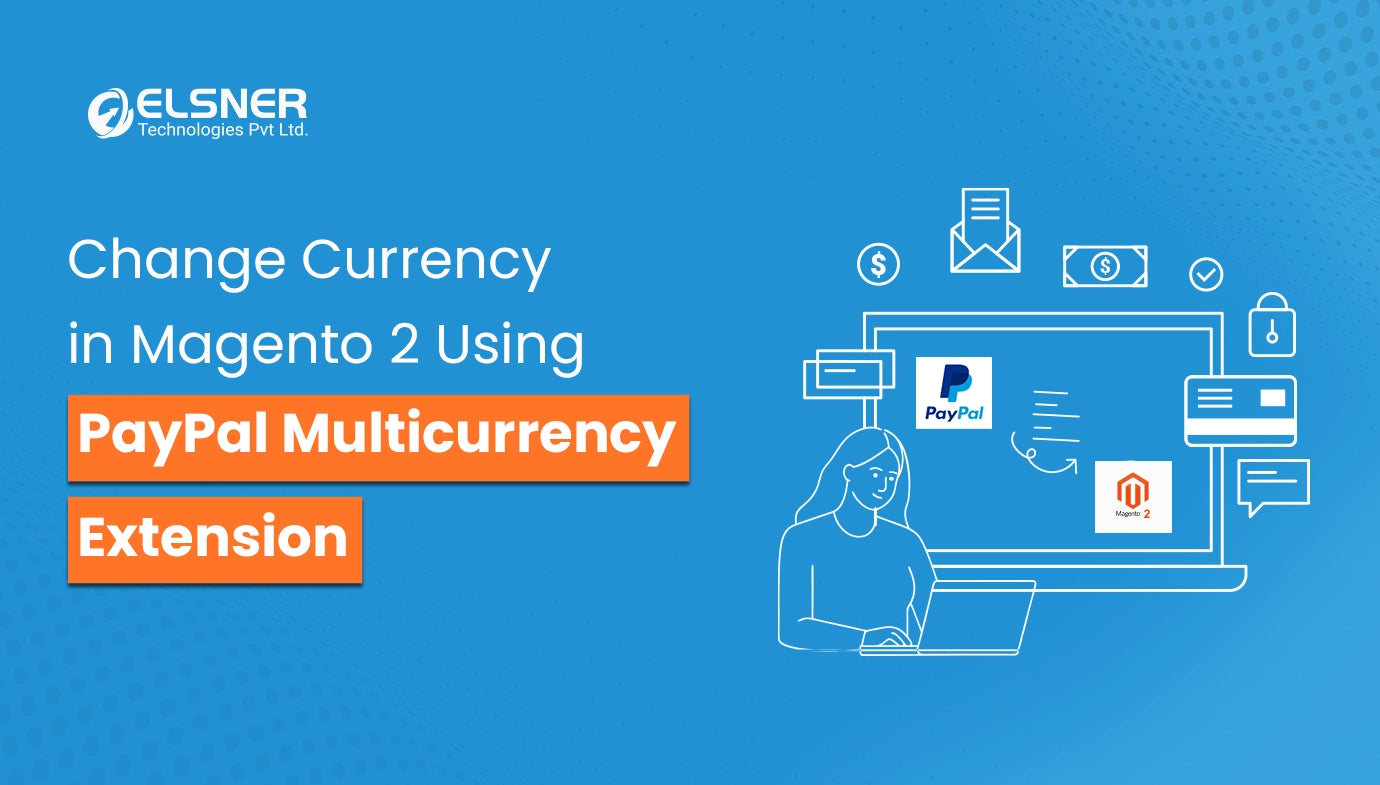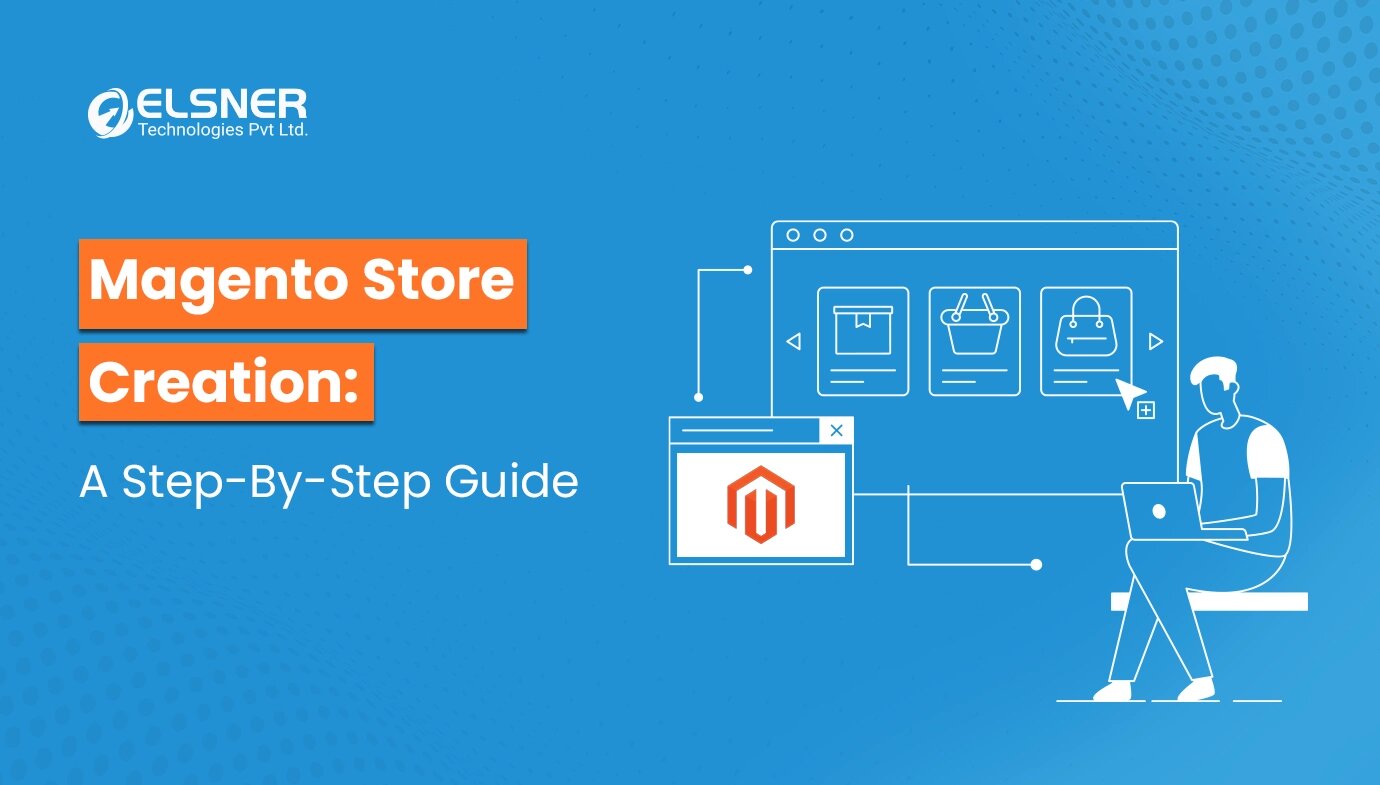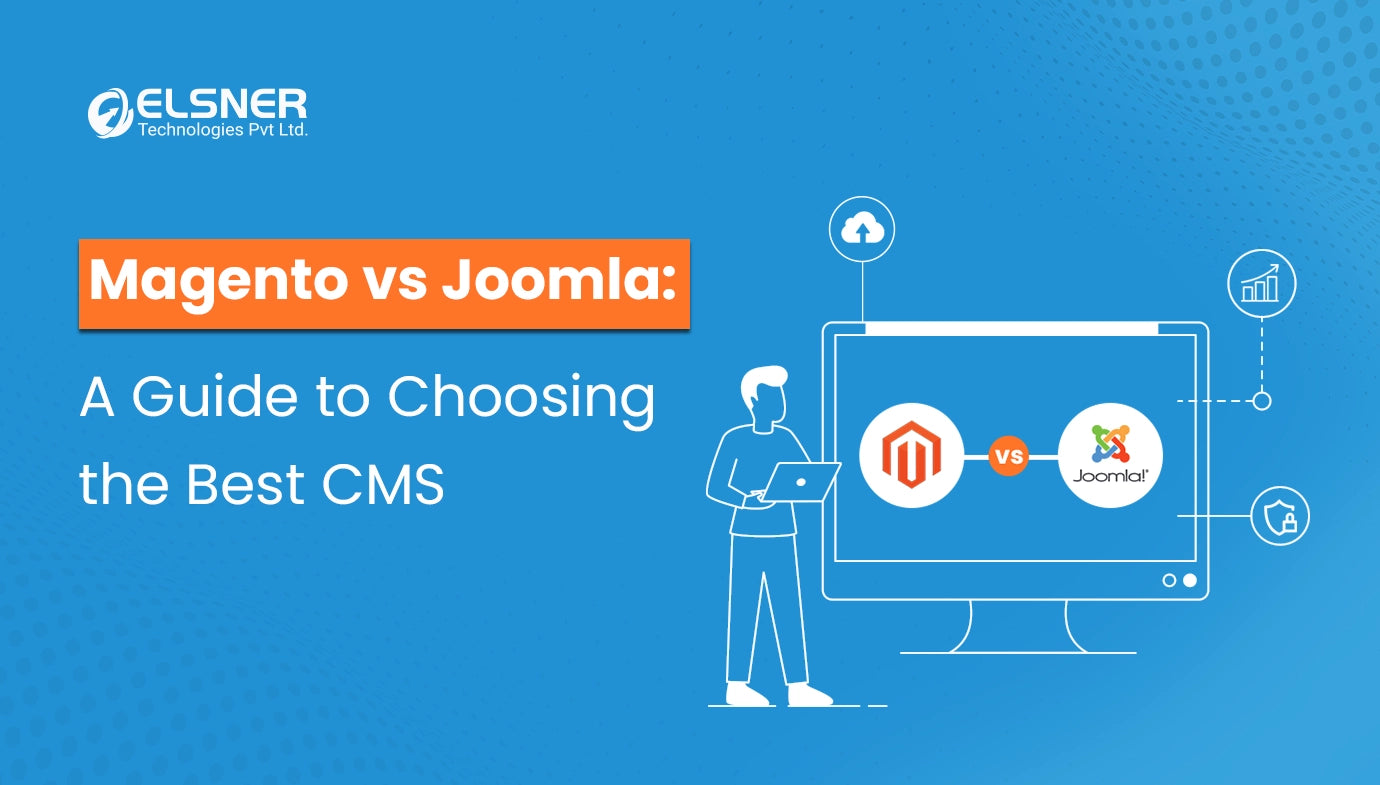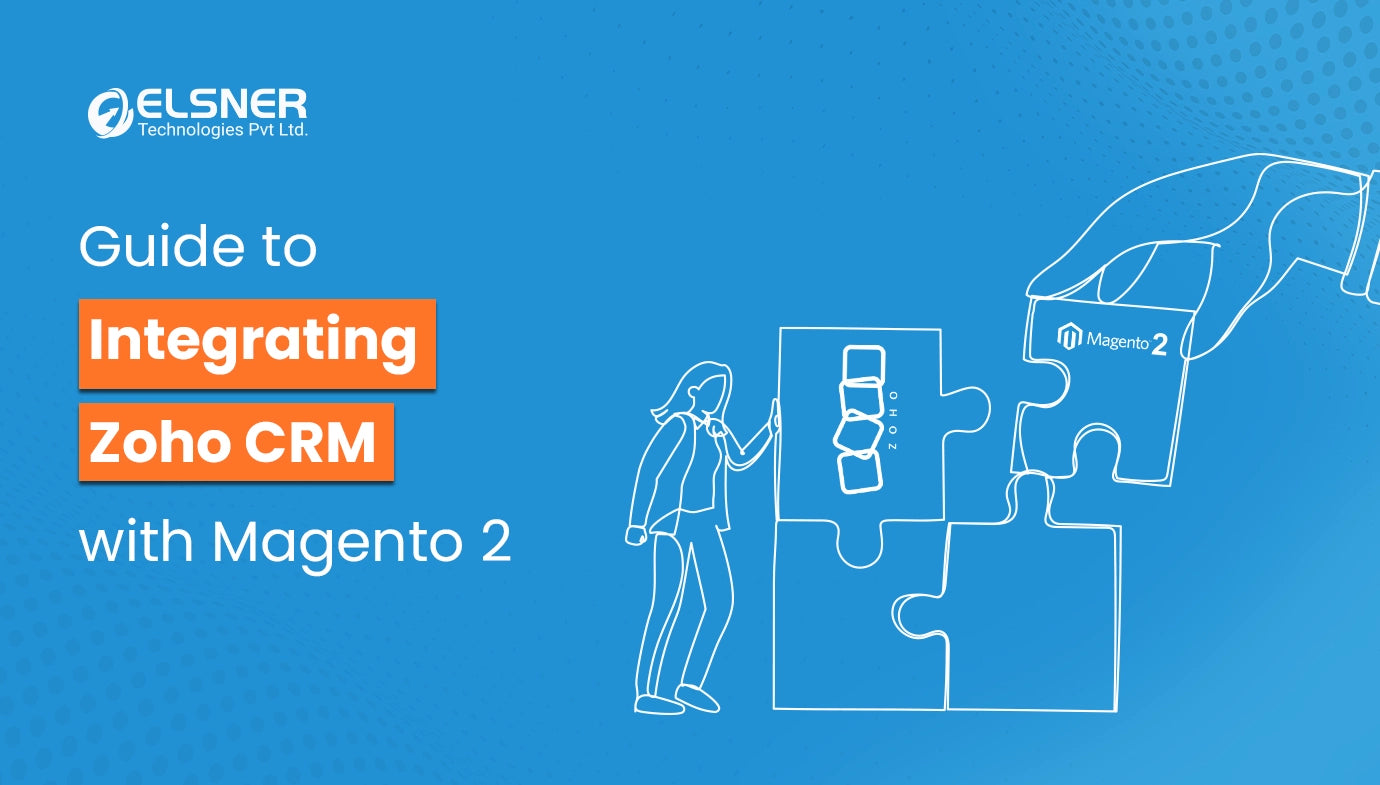On This Page
- Why Multi-Currency Checkout Is So Important?
- How Magento 2 Manages Currency by Default?
- All About PayPal Multi Currency Magento 2 Extension
- Don't Forget PayPal Account Configuration
- Bonus: PayTrace Payment Gateway Magento 2
- Best Practices for Setup and Testing
- Real Impact: Why It’s Worth the Setup
- Select a Reliable Magento Partner
- Final Thoughts
Get in Touch
In the eCommerce world today, accessing global customers isn't merely a competitive edge; it's a requirement. Yet, while most Magento 2 store owners have products and shipping covered in international markets, they often overlook one significant hurdle at checkout: currency conversion.
If you have a Magento 2 store and are only accepting a single currency via PayPal, you might be alienating global customers and missing out on sales. Let's face it—nobody wants to be redirected to PayPal and find their cart suddenly expressed in an unknown currency.
The good news is that you don't have to redo your whole store. You simply need to install the proper PayPal Multi Currency Magento 2 Extension.
Let's take a stroll through why this is essential, how Magento 2 and PayPal process multi-currency transactions, and how to get it all set up without the headaches.
Why Multi-Currency Checkout Is So Important?
It's not just about appearing global, it's about establishing trust. When international customers visit your site, they want to shop in their home currency—seeing USD prices when they're in Europe or Australia leads to confusion and distrust.
Even worse, if they're shown their local currency prices on the store but forced to PayPal's USD prices at checkout, it causes a disorienting experience. That disconnect can readily result in abandoned carts, particularly when customers have surprise conversion charges from their banks or credit cards.
That's why the PayPal Multicurrency Magento 2 integration is not only a technical improvement but also a user experience improvement.
How Magento 2 Manages Currency by Default?
Magento 2 is designed to support multiple currencies, but here's the twist—it's primarily concerned with display, not payment processing. You can:
-
Set your base currency (typically USD for US stores)
-
Set accepted currencies for store views
-
Activate currency switchers for customer convenience
-
Manually or automatically update exchange rates
This presents your storefront well to global users, but does not ensure that PayPal will accept payments in the customer's chosen currency. Magento will continue to send the base currency (USD) to PayPal, even if the customer was browsing in EUR, GBP, or AUD, unless it is correctly configured.
The Limitation of Default Magento 2 PayPal Integration
Magento 2 offers built-in support for PayPal integration, including Express Checkout and PayPal Payments Standard. But by default, these options only accept payments in your store's base currency.
This implies:
-
If your base currency is USD, all payments will be routed to PayPal in USD
-
Even when the customer chooses EUR or CAD, Magento will convert it back into USD
-
This causes confusion, bad customer experience, and chargeback potential
To correct this, you require an extension that fills the space between Magento's currency show and PayPal's payment processing.
All About PayPal Multi Currency Magento 2 Extension
Having a specific PayPal Multi Currency Magento 2 Extension is the best option. These extensions ensure that the customer's chosen currency is maintained to PayPal, eliminating any unexpected currency changes at checkout.
Main Advantages:
-
Real Multi-Currency Checkout: Clients pay in the currency they chose
-
Improved UX and trust: Less friction = more conversions
-
No currency mismatch errors: Magento and PayPal are in sync
-
Increased international reach: Facilitates expansion into new markets
-
Fewer abandoned carts: Price transparency encourages buyer trust
Must-Have Features:
When selecting a PayPal multicurrency extension, seek:
-
Compatibility with PayPal Express, PayPal Payments Pro, or Hosted
-
Support for country-to-currency mapping
-
Automatic fallback to base currency if a currency is not supported
-
Logging and error reporting on payment failure
-
Compatibility with other Magento 2 modules
-
Admin control for enabling/disabling specific currencies
You’ll find top-rated tools like this in a reputable Magento Extension Store, but quality varies, so choose carefully.
Don't Forget PayPal Account Configuration
Just installing a multicurrency extension isn’t enough. You’ll also need to enable all relevant currencies in your PayPal business account.
To do this:
-
Log into PayPal
-
Navigate to Settings > Payments > Currencies
-
Add every currency that you wish to receive (EUR, GBP, AUD, CAD, etc.)
If PayPal does not support a currency that you are attempting to use, specify a fallback currency (such as USD). The extension will handle that nicely.
Bonus: PayTrace Payment Gateway Magento 2
Although PayPal is a reputable worldwide payment partner, PayTrace is also employed by specific US merchants, particularly in B2B transactions. When using the PayTrace Payment Gateway Magento 2 and PayPal simultaneously, ensure that both extensions are compatible.
You can provide multiple payment providers (PayPal for worldwide, PayTrace for US), and a good plugin will allow you to set which currencies get sent to which provider. This allows you flexibility, control over fees, and control over processing logic.
Best Practices for Setup and Testing
Before going live, follow these best practices:
-
Test with several currencies from various geographies
-
Utilize PayPal sandbox accounts for proper simulations
-
Review logs for errors or unusual conversions
-
Use Magento’s built-in logging or the extension’s diagnostic tools
-
Ensure your customer service team is aware of the new payment logic
Real Impact: Why It’s Worth the Setup
Integrating Magento 2 PayPal Multi-Currency correctly is an investment in customer experience. You’ll see:
-
Lower cart abandonment from international buyers
-
Higher average order value from regions that now feel local
-
Fewer chargebacks or disputes related to pricing confusion
-
More repeat purchases due to increased trust
It's not about introducing flashy new features, it's about eliminating friction from the most vital area of your sales funnel: getting paid.
Select a Reliable Magento Partner
At Elsner, we've assisted hundreds of Magento 2 stores successfully implement PayPal Magento integration with comprehensive multicurrency support. Whether it's designer clothing, digital products, or industrial equipment, we are aware of the typical pitfalls and how to avoid them.
Our specialists can:
-
Recommend and configure the right PayPal Multicurrency Magento 2 extension
-
Ensure compatibility with PayTrace, Stripe, or any other gateway
-
Offer custom development for advanced currency logic
-
Maintain your store for performance and payment reliability
Elsner is more than just a Magento development company—we’re your long-term partner in scaling your store across borders, currencies, and customers.
Final Thoughts
International commerce isn’t just about offering global shipping—it’s about localizing the entire experience, right down to the currency a shopper sees and pays in.
With a robust PayPal Multicurrency Magento 2 setup, you’re giving customers around the world a smoother, more trustworthy checkout. That’s a small change with significant results.
Whether you do it yourself or hire a Magento professional like Elsner, this upgrade is worth it, as it leads to happier customers, more conversions, and reduced support needs.








